



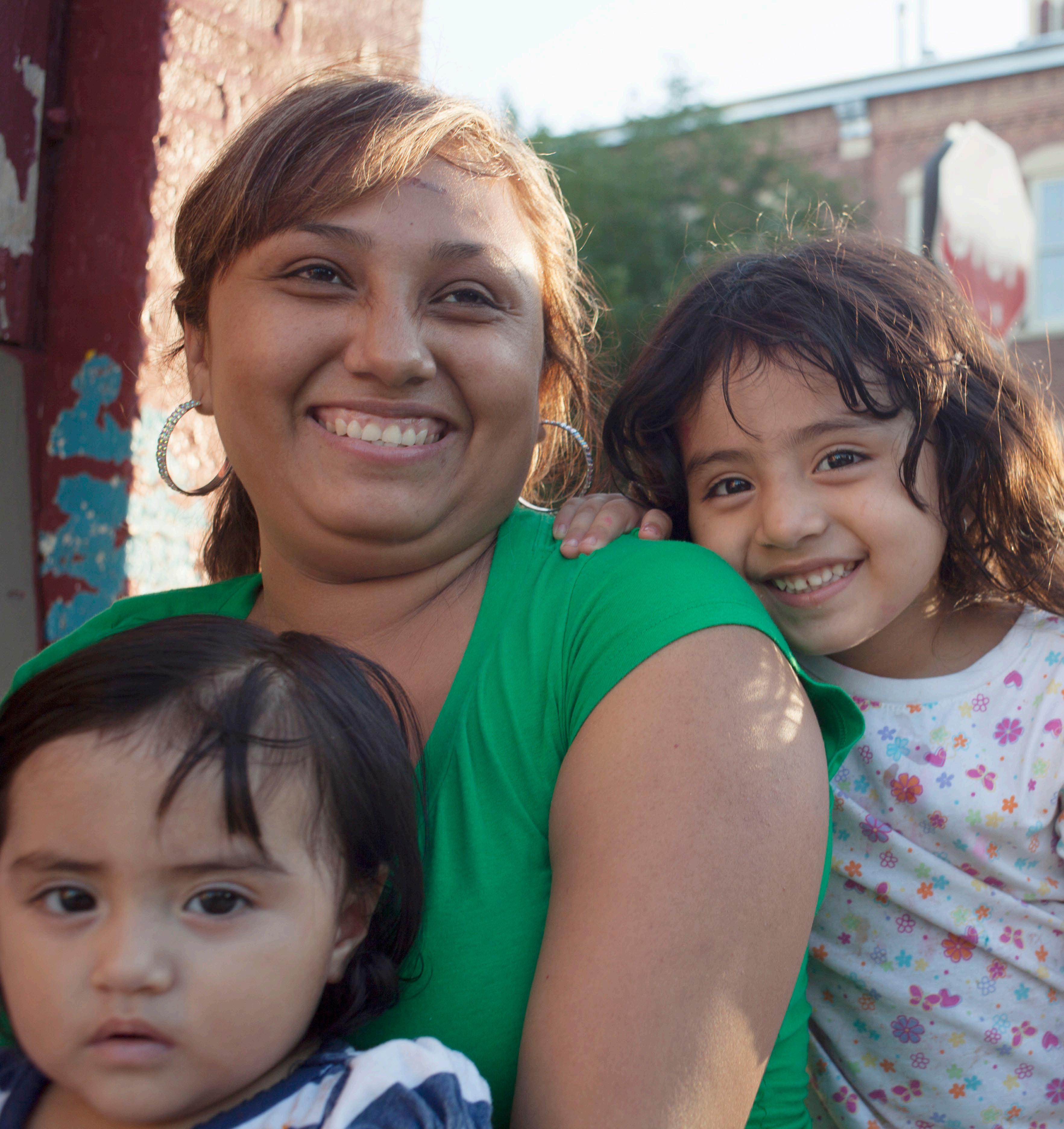
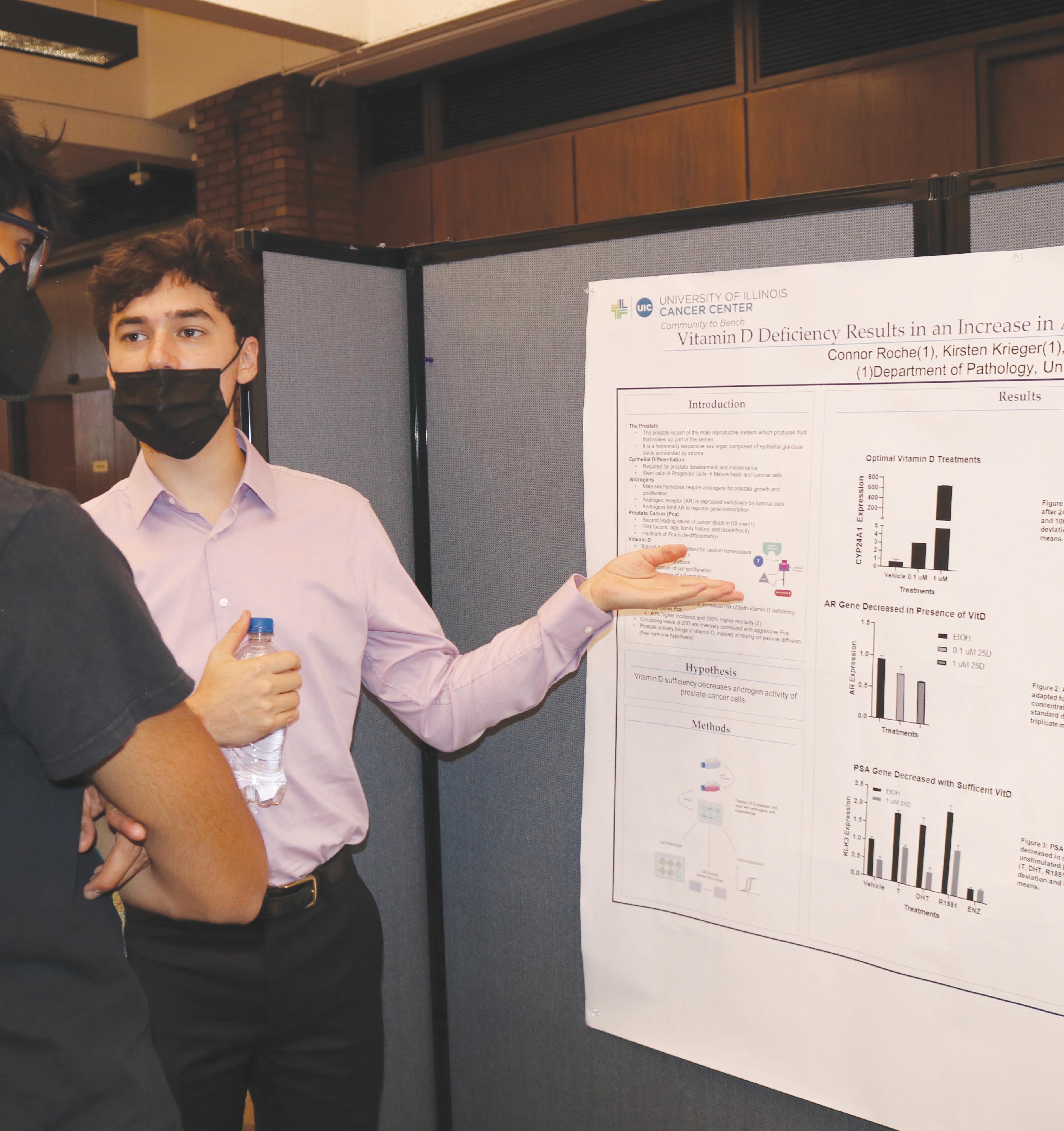
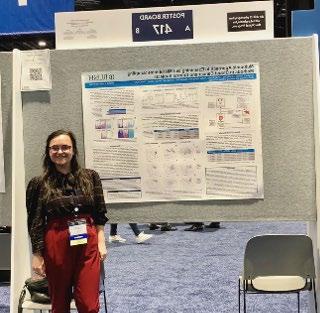
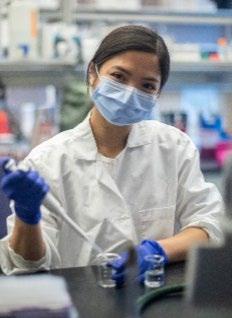
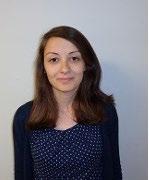
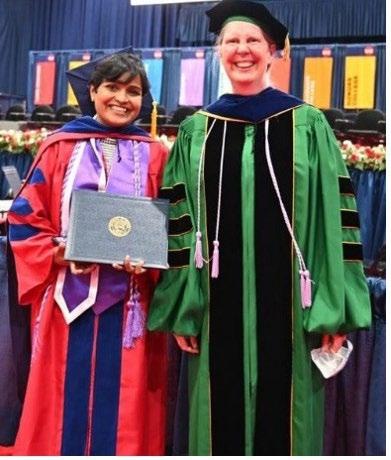
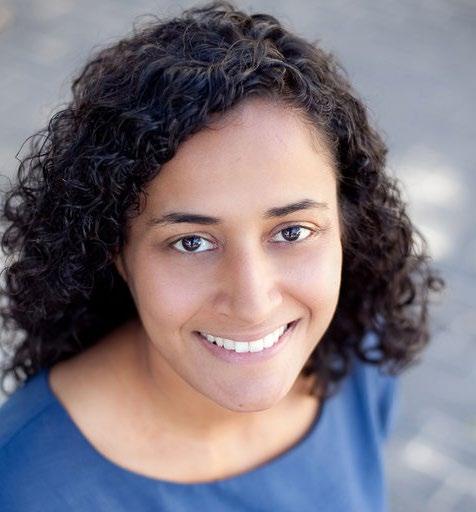
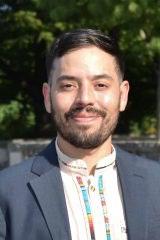
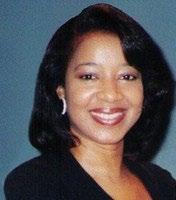
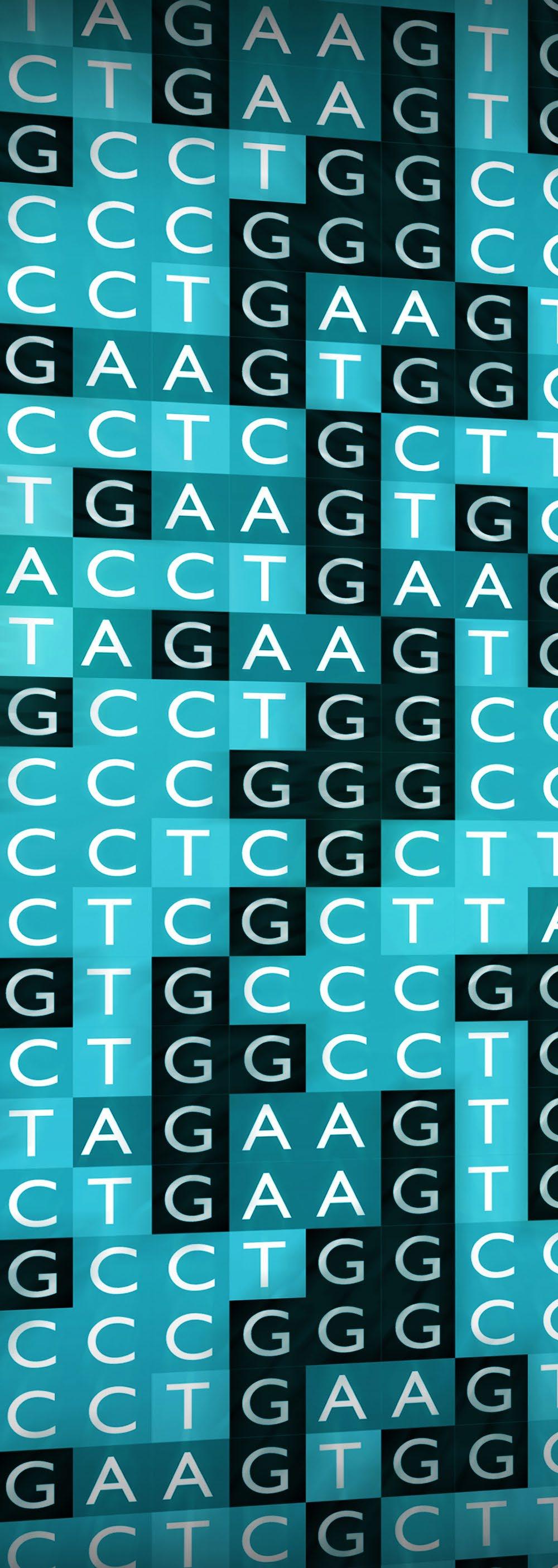

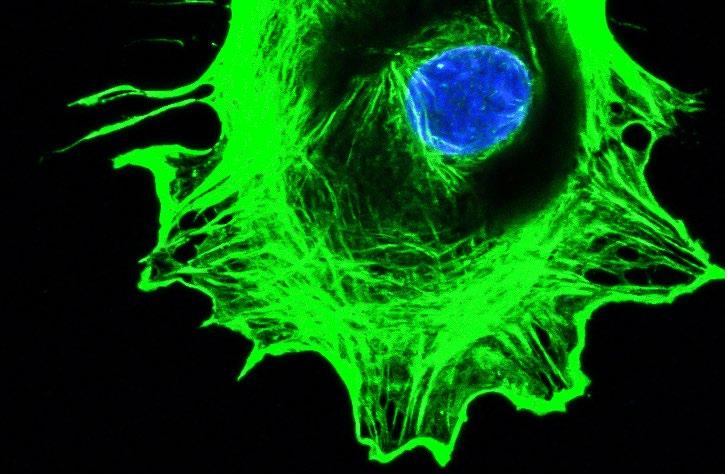

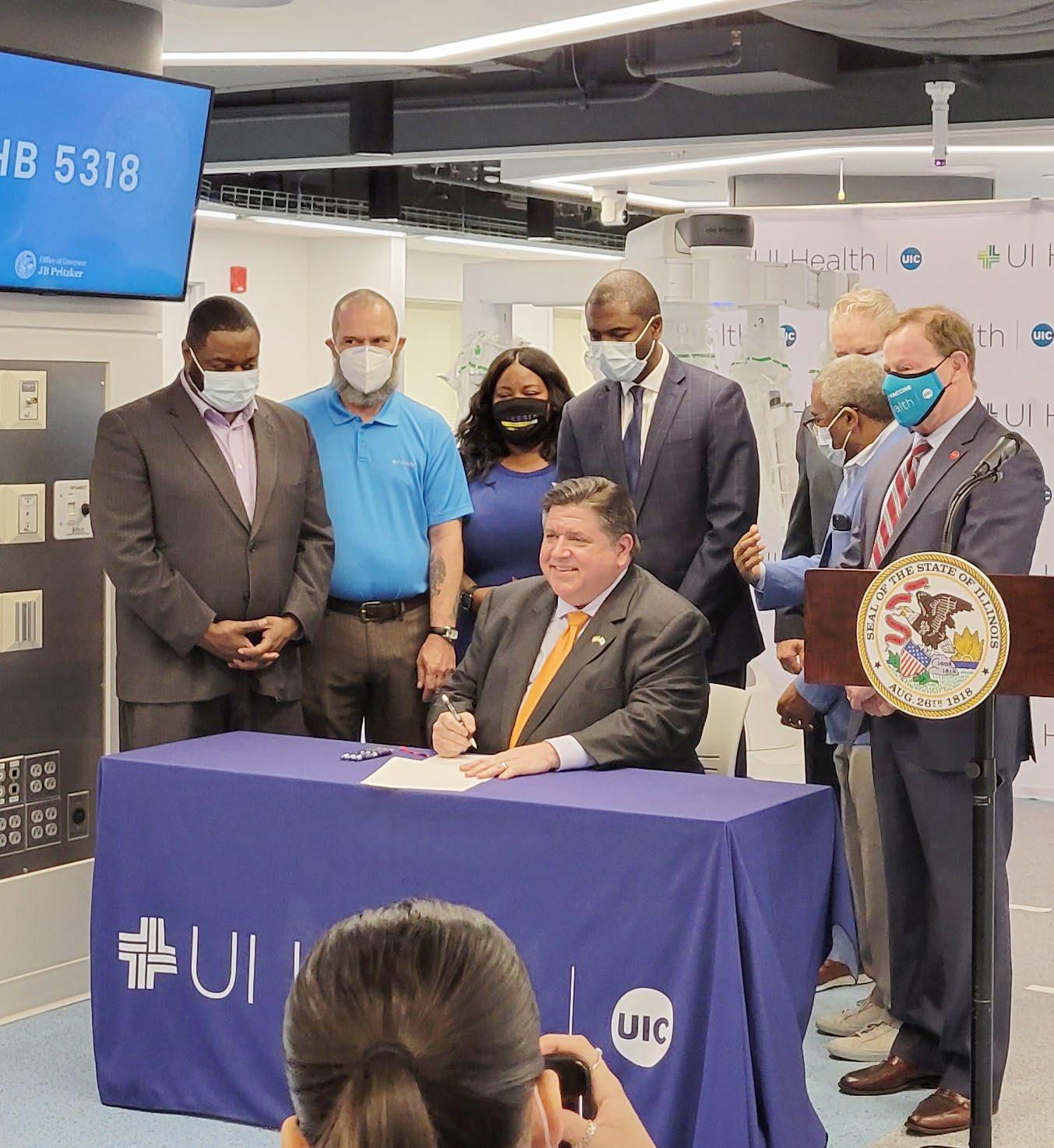
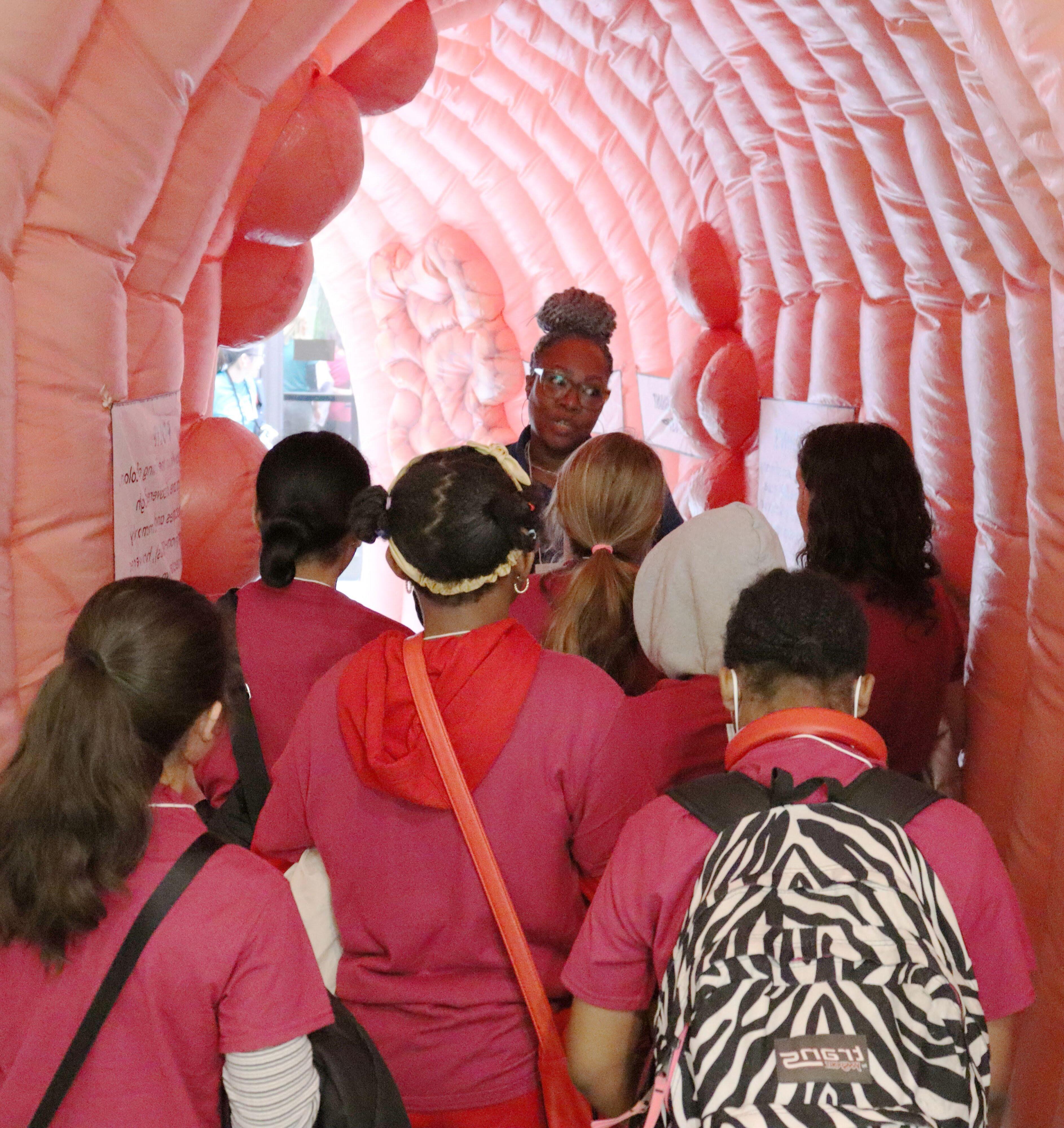
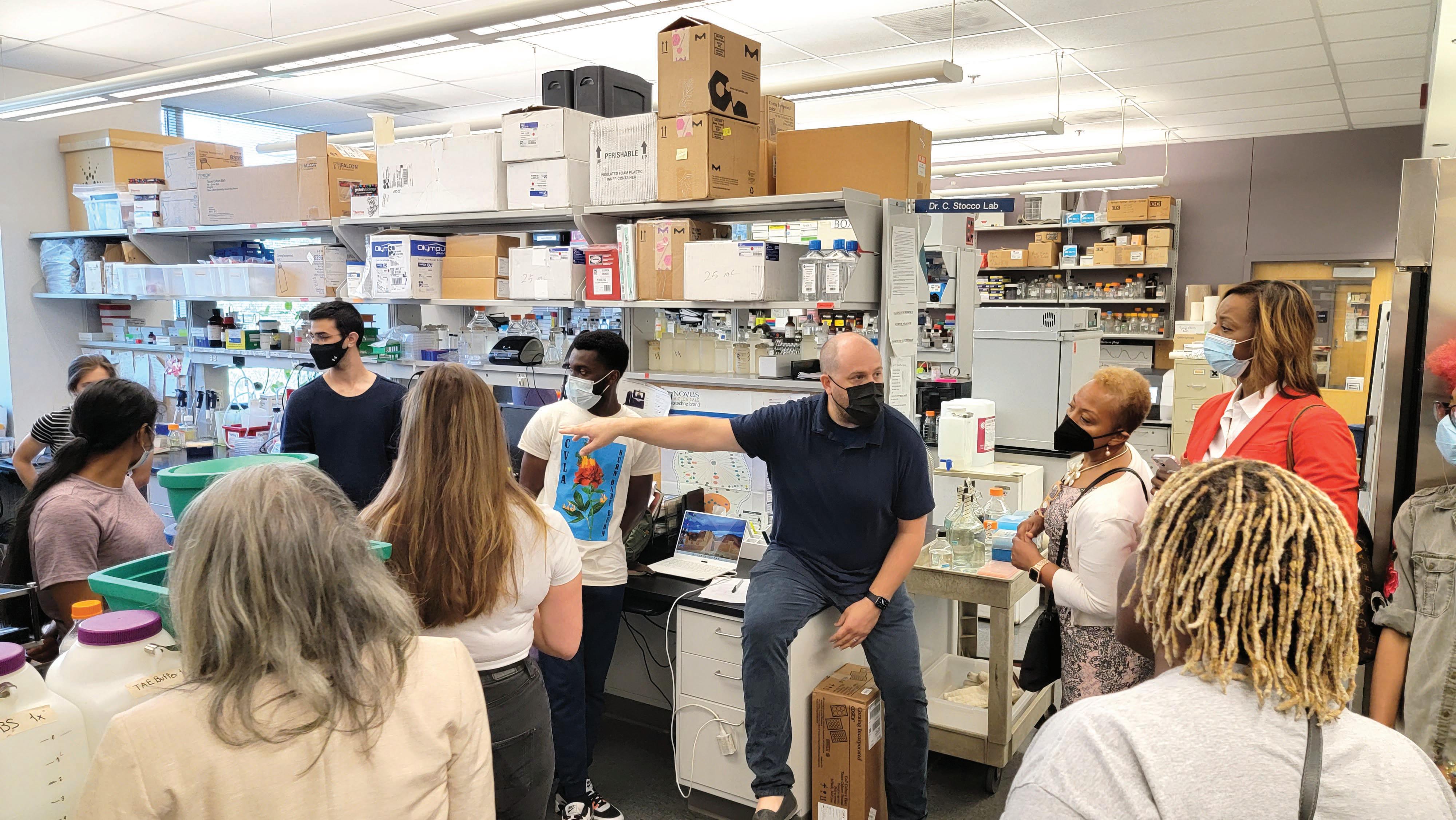
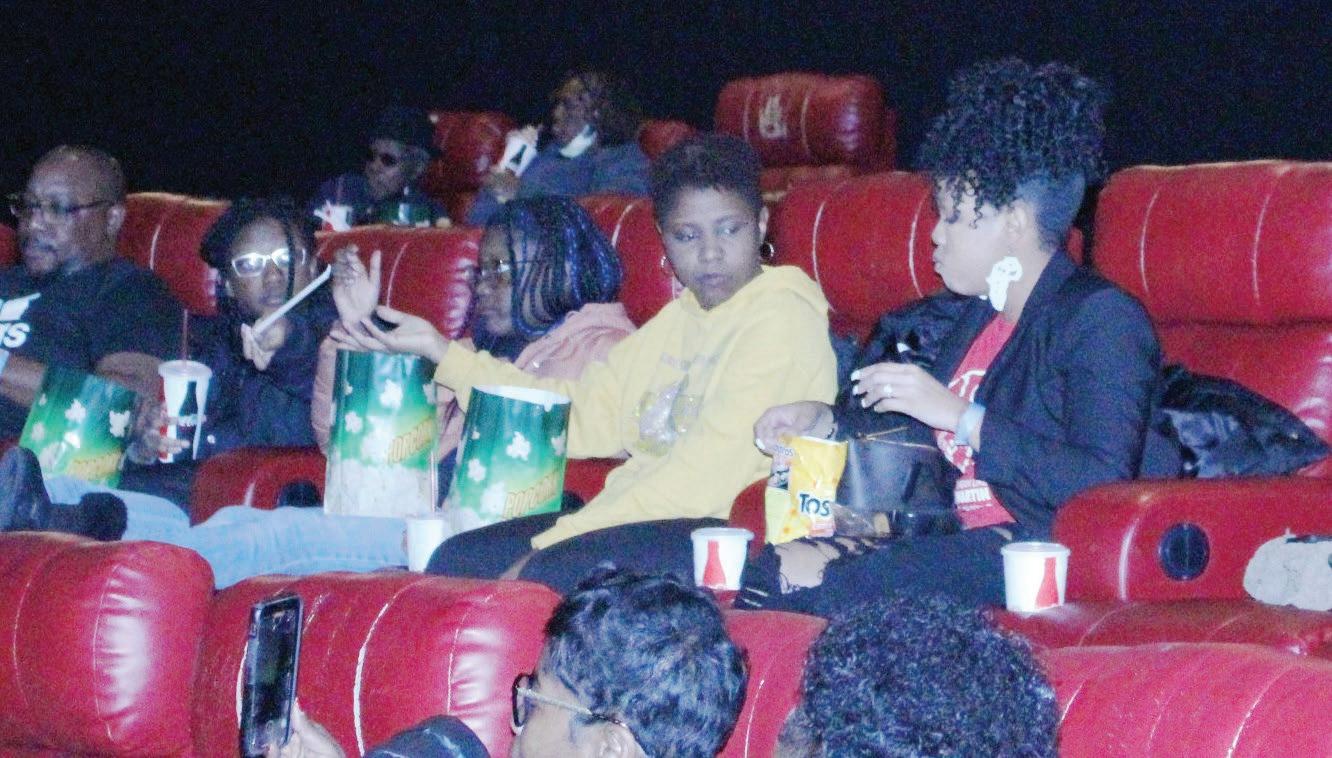
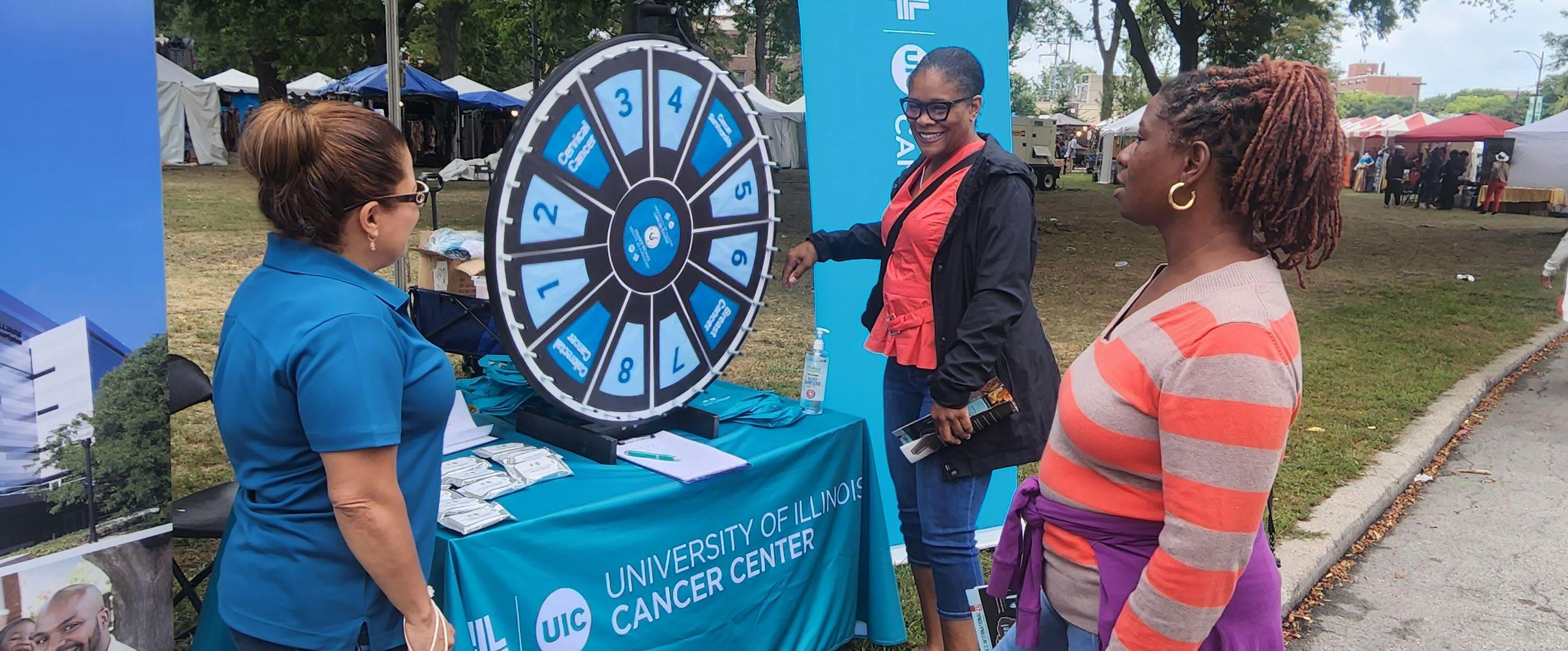
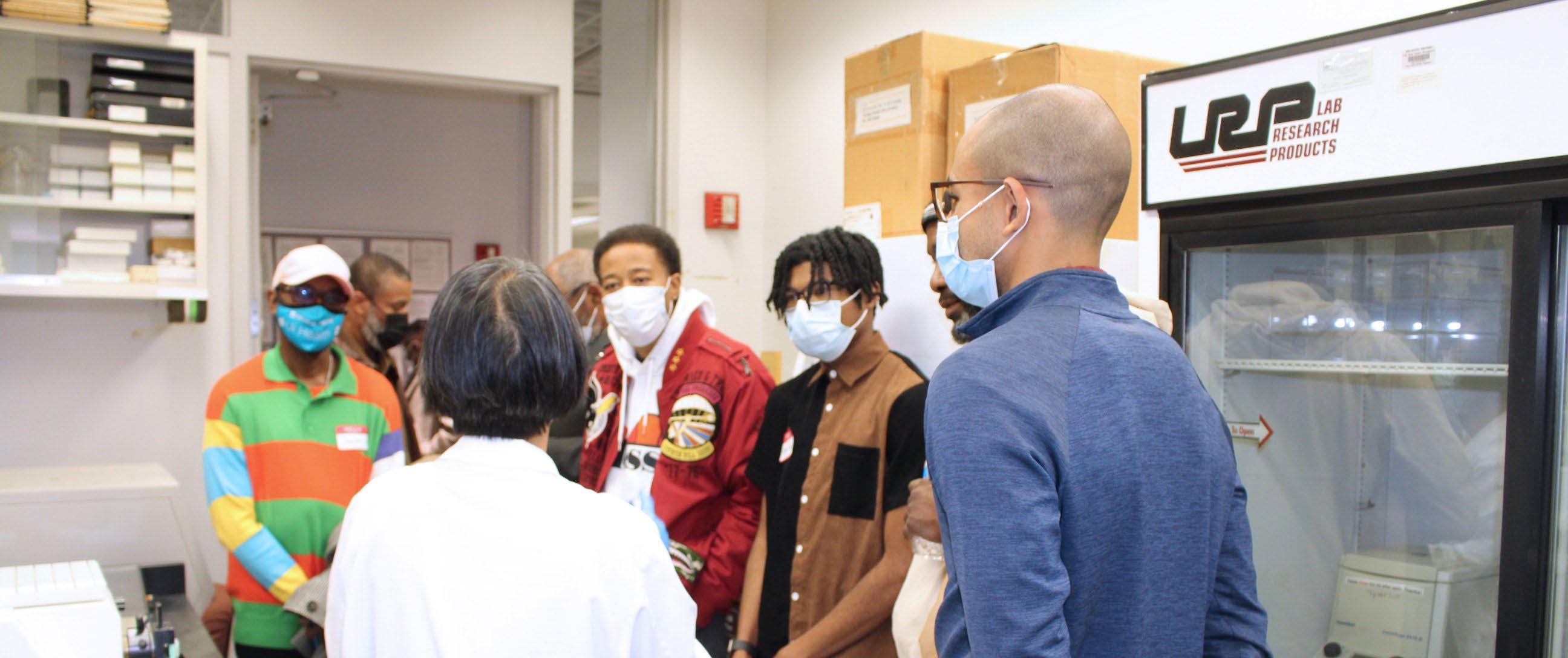
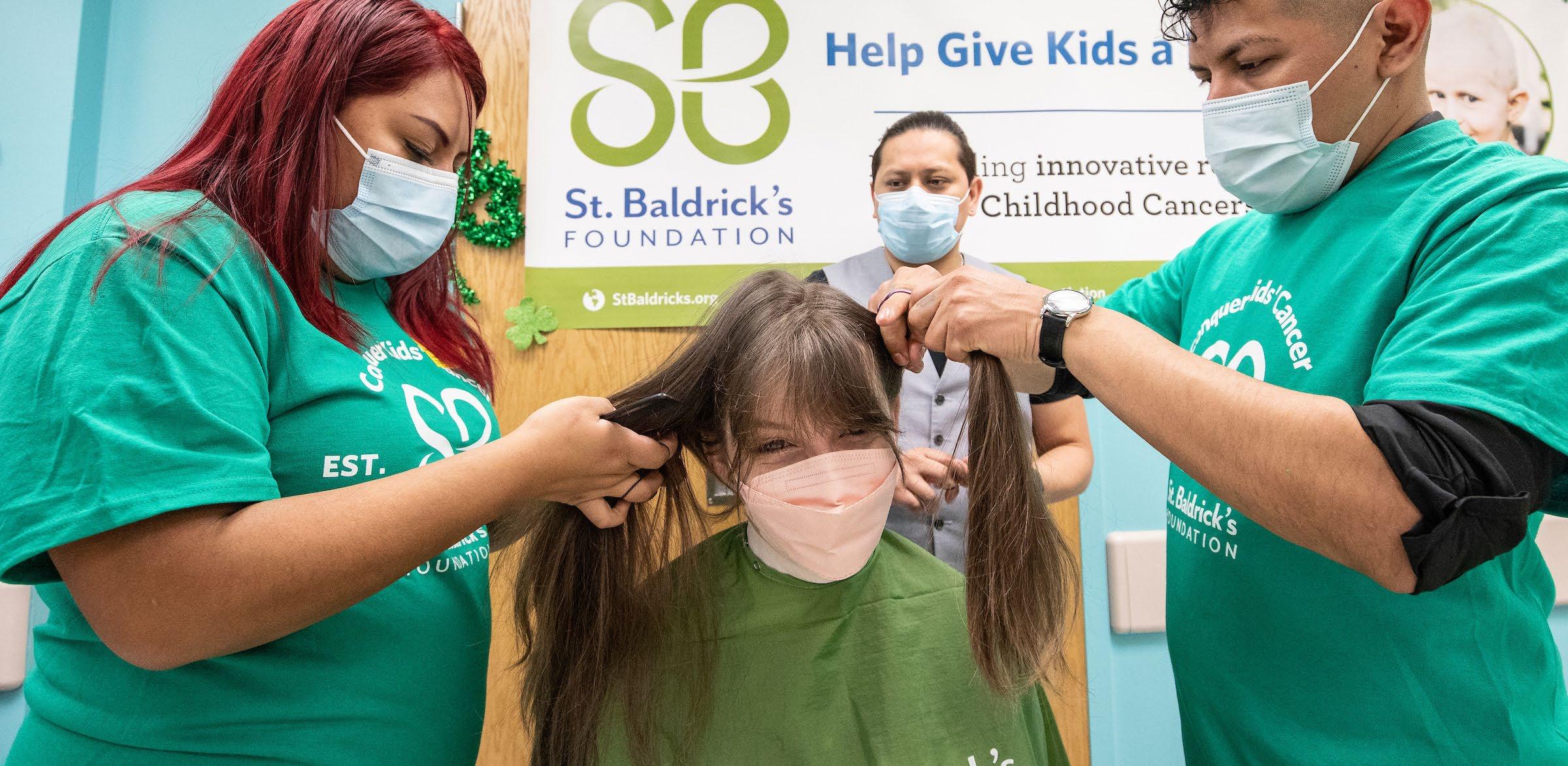

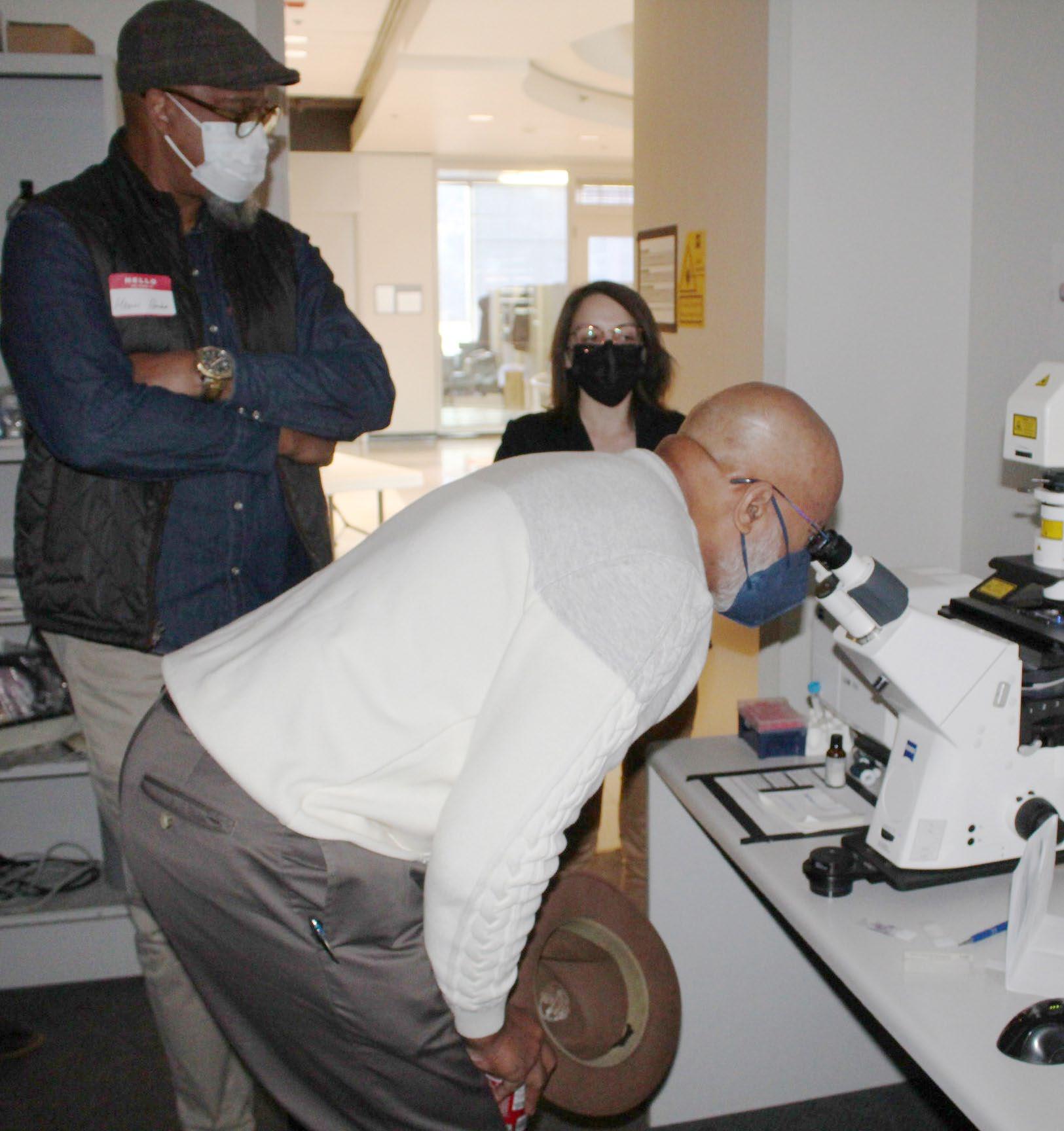
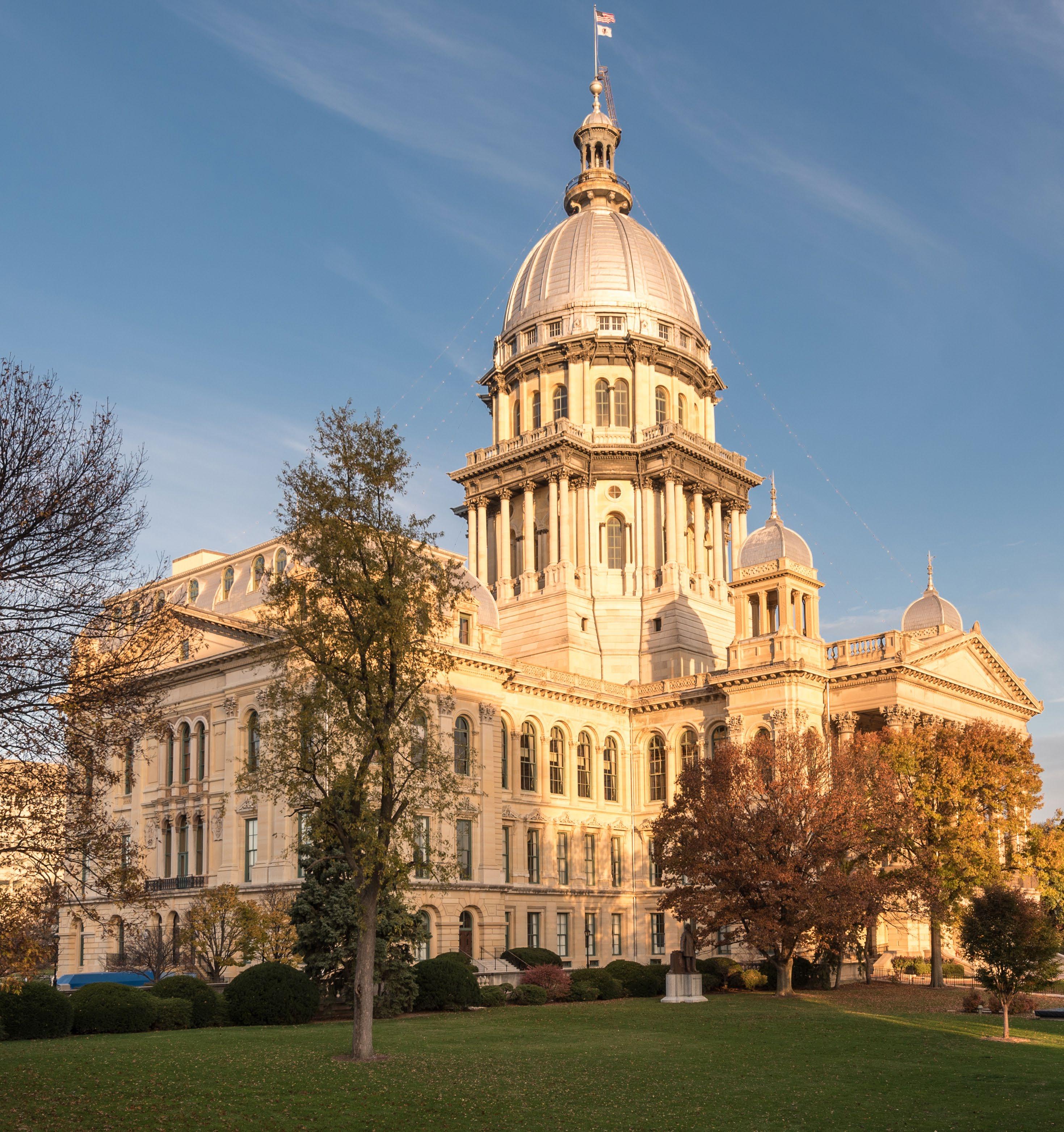
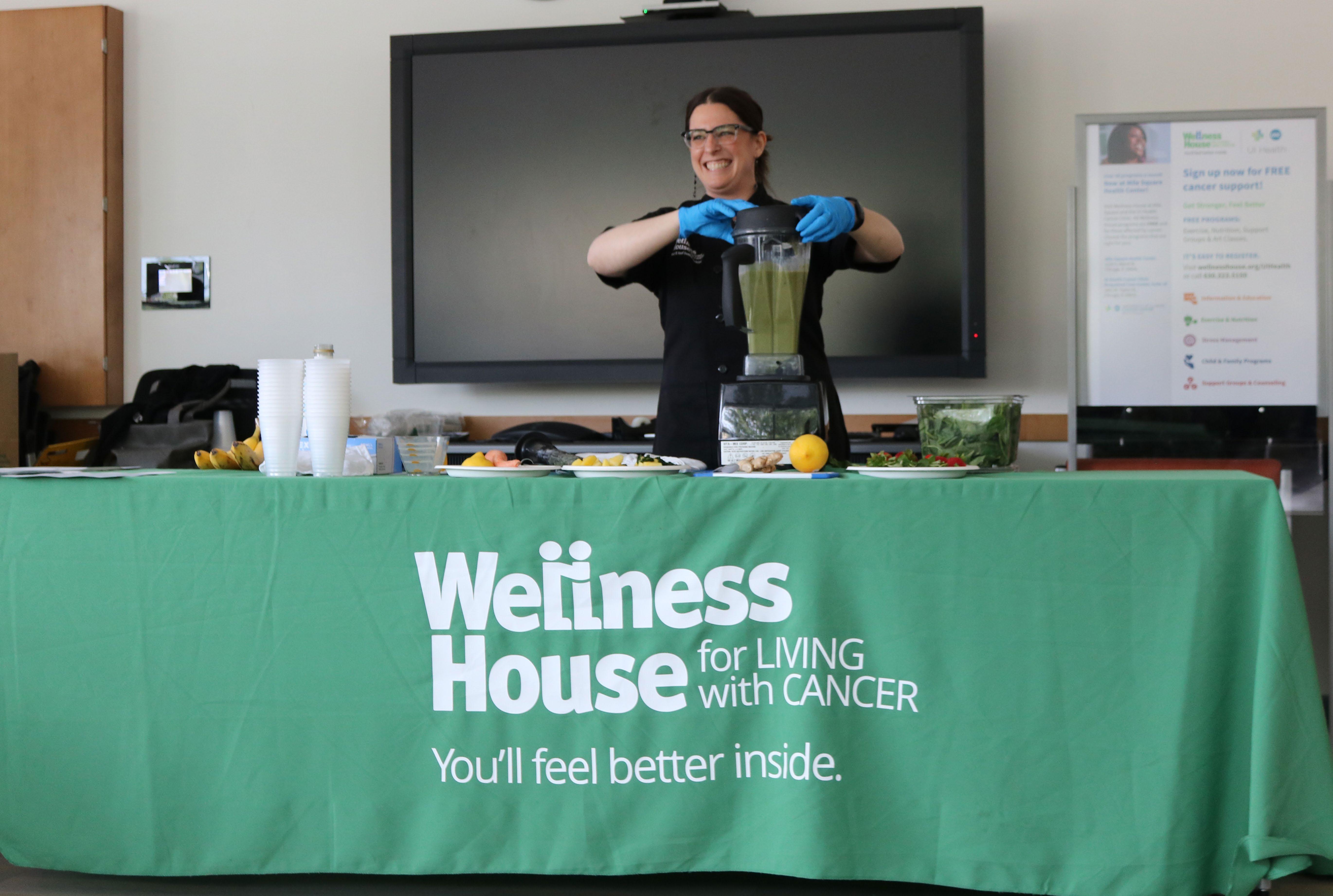
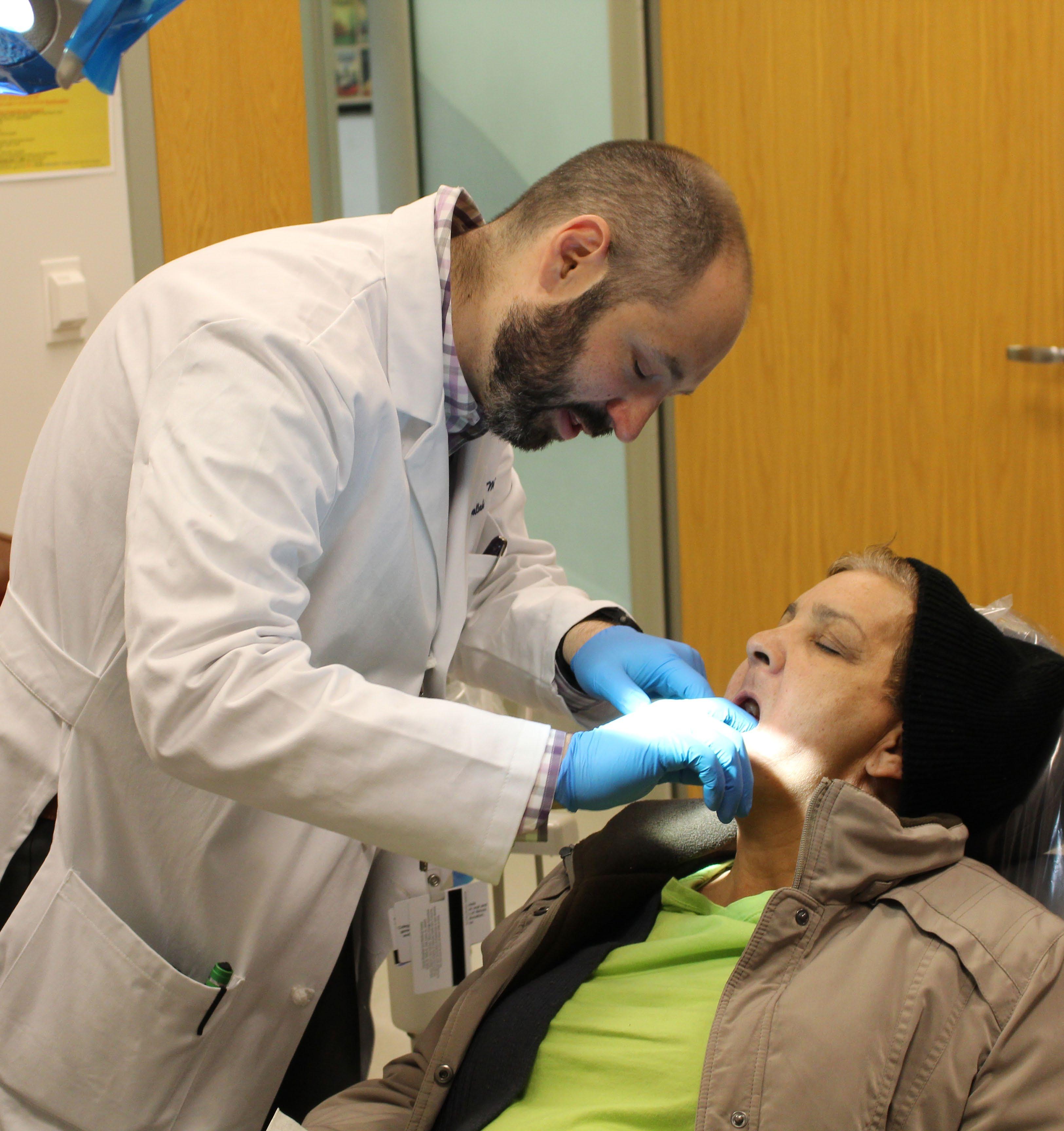
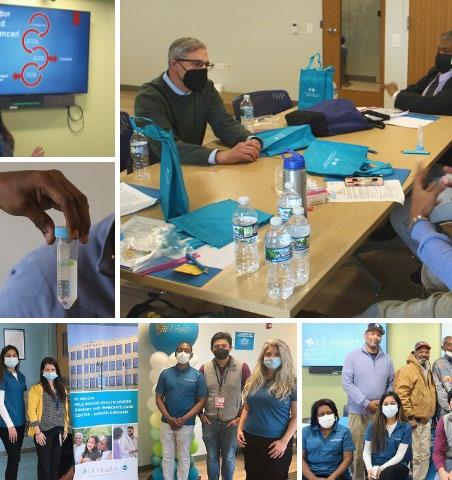

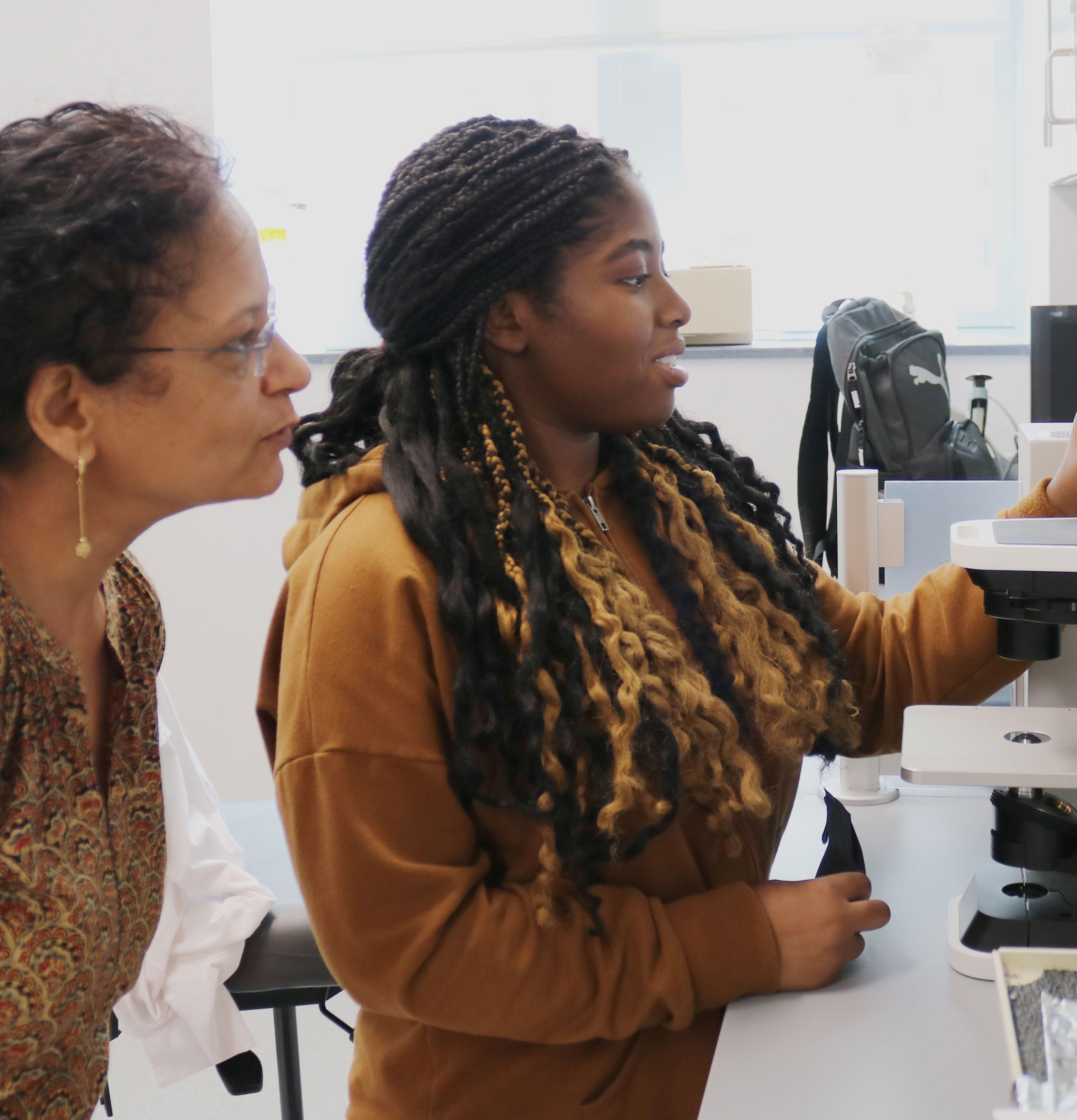

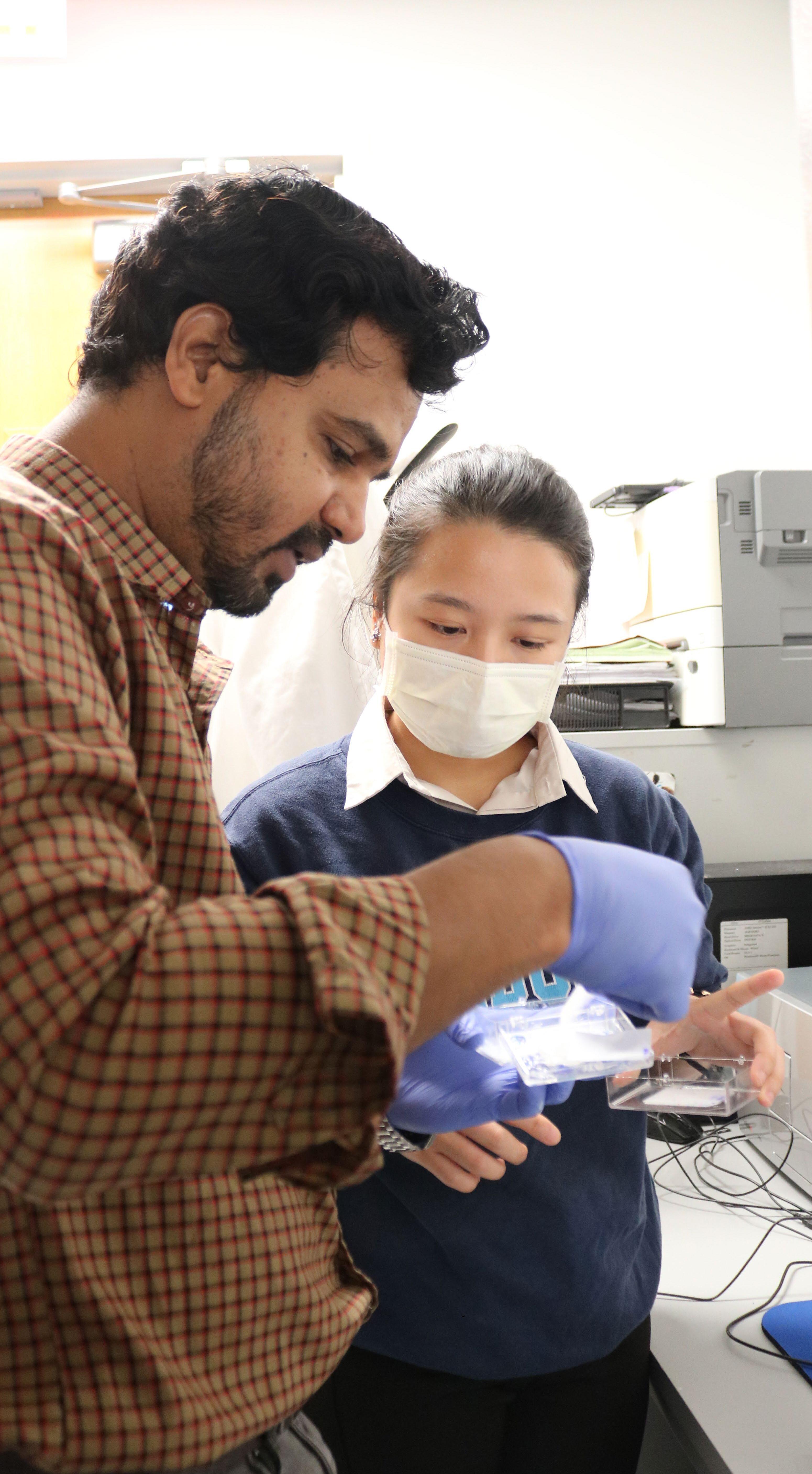
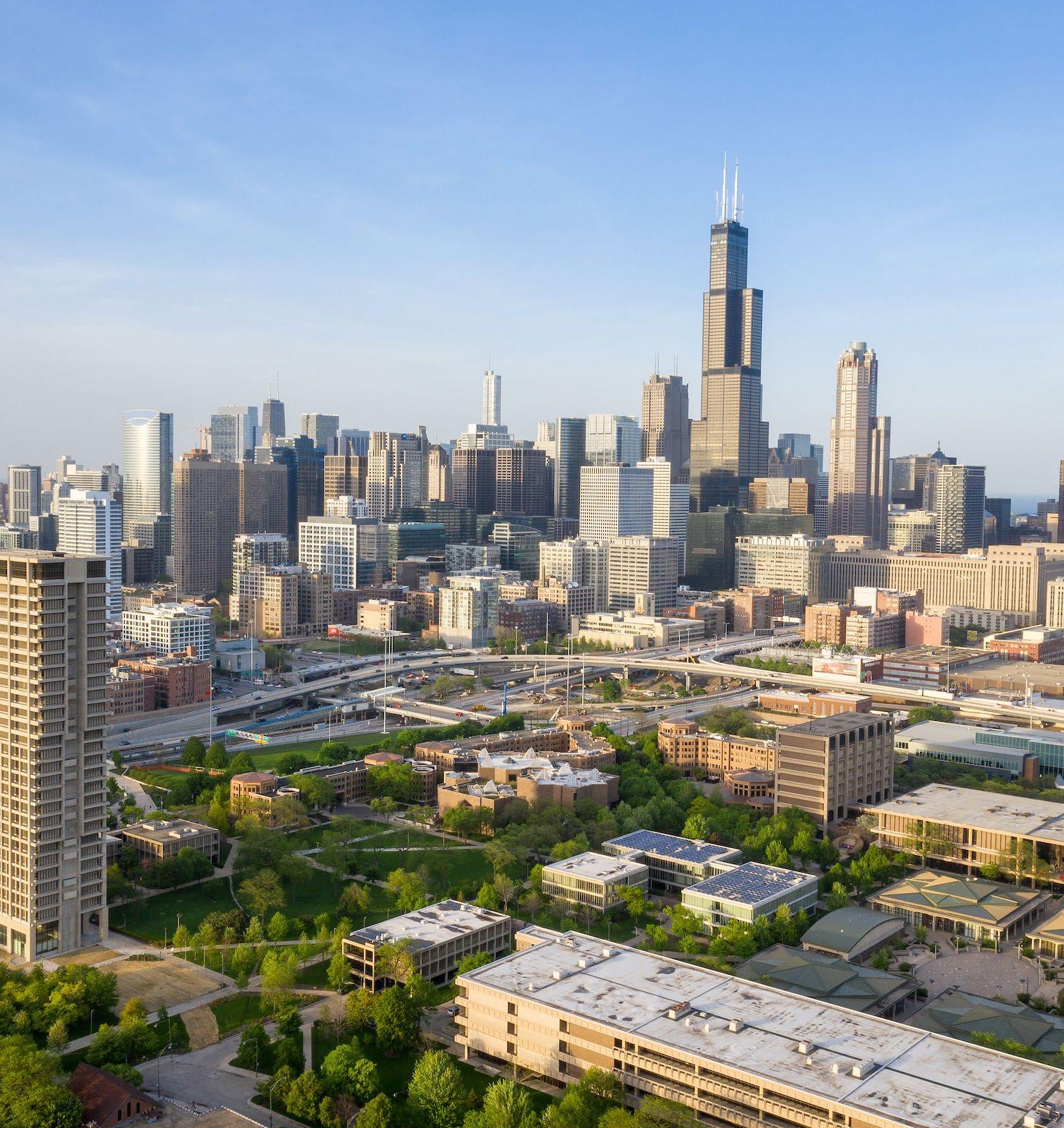
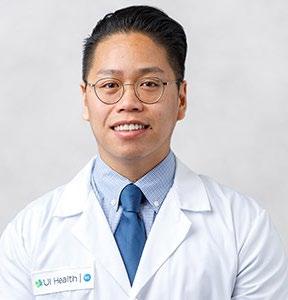
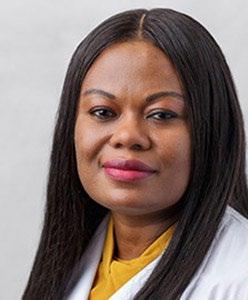 Jan Kitajewski, PhD
Jan Kitajewski, PhD
From the Director
The University of Illinois Cancer Center, in partnership with our excellent UI Health and Mile Square Federally Qualified Health Center (FQHC) network, have provided preventive and clinical services for nearly 1 million patient visits. This includes screening and navigation for more than 30,000 patients for cancers. We have implemented evidence-based prevention programs in our community by recognizing social and biological determinants of health and onboarding solutions to the barriers caused by these factors. The enduring pandemic has taken a toll on many in our community, but it has only strengthened our resolve to serve as a national model in cancer health equity. Our success is rooted in the exceptional team of researchers, clinicians, nurses, pharmacists, trainees, community health workers, volunteers, and donors who focus on health equity.
I am proud to work with exceptional colleagues from our community, university, and clinics. The Cancer Center continues to grow and serve; including a 2-fold increase in clinical trial accruals, launch of drug discovery efforts, onboarding new leadership including a Deputy Director to spearhead clinical and translational research, a significant expansion of shared resources to support spatial and computational initiatives, and increased policy outcomes that derive from a world-class team of community engagement experts. Together, the Cancer Center leadership, members, and staff strive each day to discover and advance the best personalized treatment options for all patients. Our mission goes far beyond providing oncology care to include positioning the Cancer Center, through research, to prepare for the future of equitable cancer care. I view our greatest asset as the ability to hear the voice of our community and then bring innovators and catalysts of change to develop solutions in response. Using this approach, collectively we will reduce the cancer burden in Cook County and beyond.
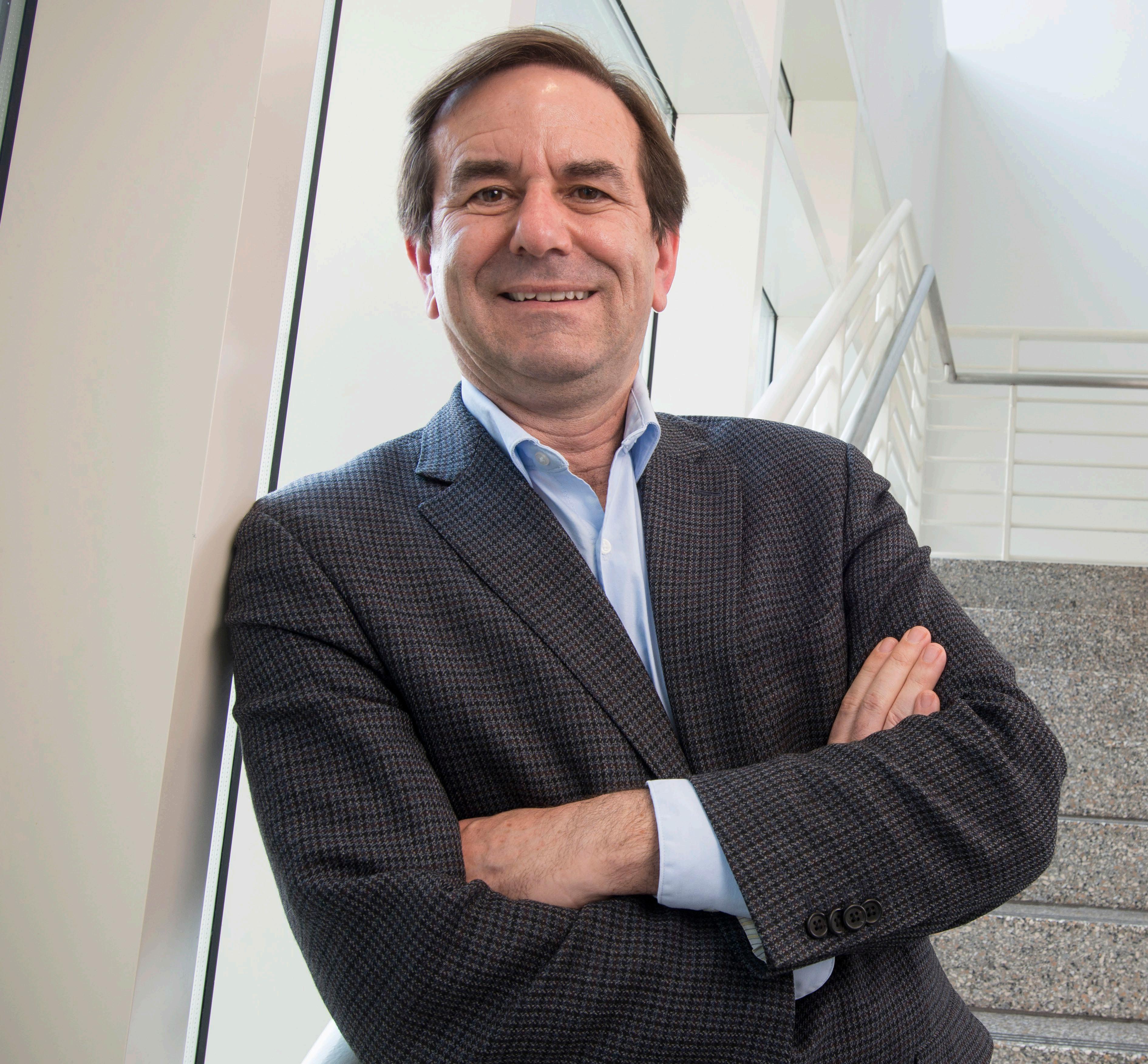




I look forward to working closely with UIC Vice Chancellor for Health Affairs Dr. Barish, University of Illinois College of Medicine Dean and Interim UI Hospital and Clinics CEO, Dr. Rosenblatt, and UIC Chancellor Miranda to support the University of Illinois Cancer Center as a national center of excellence in cancer research.
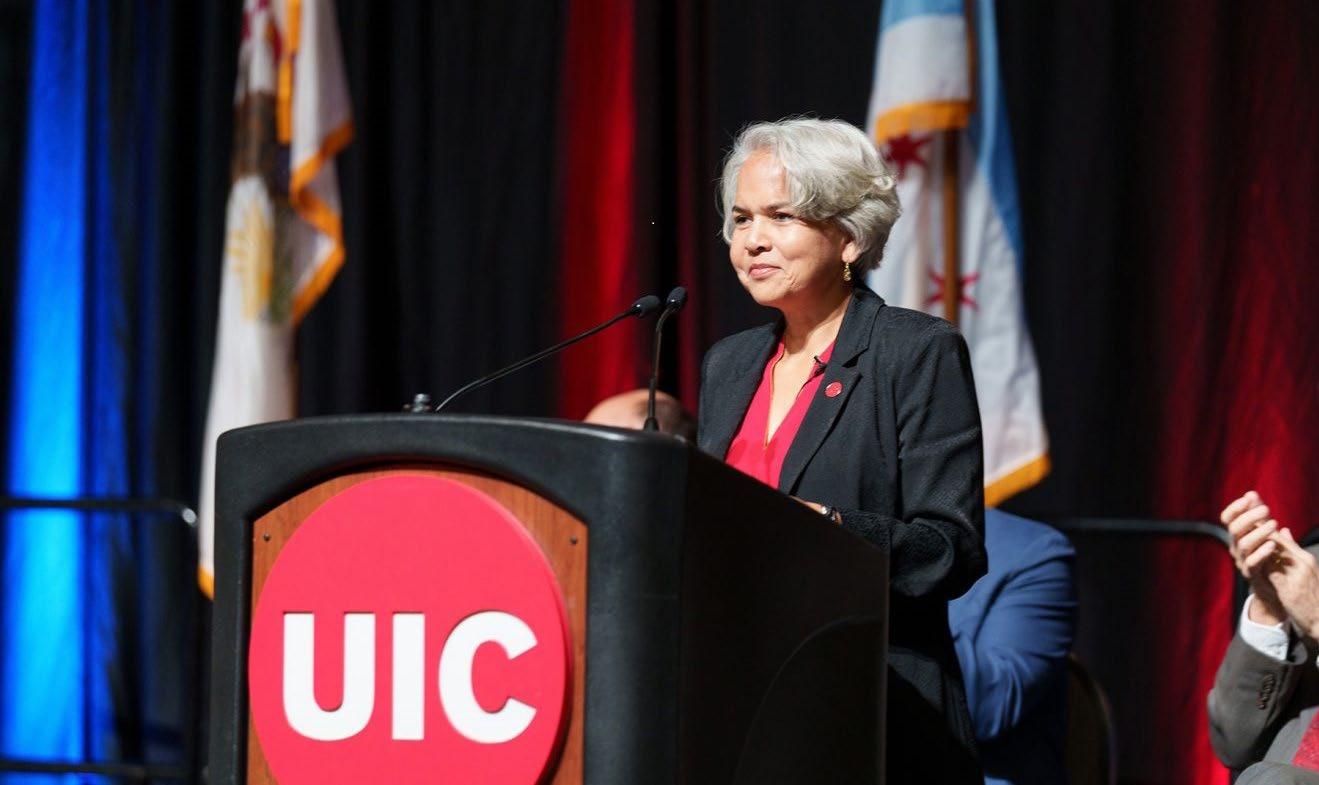 Jan Kitajewski, PhD
SWEENEY BASIC SCIENCES PROFESSOR
Jan Kitajewski, PhD
SWEENEY BASIC SCIENCES PROFESSOR
DEPARTMENT HEAD, PHYSIOLOGY AND BIOPHYSICS UNIVERSITY OF
COLLEGE OF
250 Total Members from: 7 Health Science Colleges 46 Departments 16 colleges 2,821 faculty members 31,683 students 445-bed public hospital Over 1 Million Total Patient Visits in FY22 Network of 13 Federally Qualified Health Centers 40K patients treated annually
DIRECTOR, UNIVERSITY OF ILLINOIS CANCER CENTER
ILLINOIS
MEDICINE
The University of Illinois Cancer Center welcomes Chancellor
Marie Lynn Miranda to UIC
From the Vice Chancellor for Health Affairs
The University of Illinois Hospital & Health Sciences System (UI Health) continues to make exceptional progress to benefit the health of our communities near and far. We remain committed to the pursuit of health equity through increasing our clinical capacity and meeting the needs of many underserved communities by providing access to high-quality healthcare, research and innovation that can enhance their health and well-being.
Within the past year, UI Health has celebrated profound advances in our clinical and patient services through the opening of the Specialty Care Building, the 55th & Pulaski Health Collaborative, the Auburn-Gresham Healthy Lifestyle Hub and our new hospital welcome atrium. The completion of these projects enables a beneficial environment in providing equitable cancer care – specifically addressing the needs of increased colorectal and prostate screening and surgical oncology procedures. We aim to continue this positive momentum with an integrated approach in partnership with the University of Illinois Cancer Center through additional future projects including the Drug Discovery and Cancer Research Pavilion and the Clinical Decision Unit. We are confident that the increased footprint for innovation and research will translate to increased capacity and discovery for cancer patients.
At UI Health, our committed clinicians, researchers, and educators comprise one of the nation’s strongest and most diverse academic healthcare teams. In fact, it is through the exceptional interdisciplinary approach at UIC that we can harness the talent and expertise of a diverse group of health professionals. This approach enables our clinical trials to meet the needs of our patient population and necessary cancer prevention efforts to better address the risk factors of our local communities.
As you will read throughout this report, we continue to foster greater alignment and collaboration among diverse disciplines in the pursuit of new knowledge and discoveries that impact the spectrum of cancer care and services for patients. With significant investment from the Office of the Vice Chancellor for Health Affairs, we support the continued pursuit of NCI designation, and know that close partnerships among the University of Illinois Hospital and Clinics, our Mile Square Health Center, UIC’s health sciences colleges and the wider community will greatly benefit this application and the Cancer Center of the future.




Thank you for your support. We look forward to another tremendous year as we pursue health equity for communities across the state and beyond.
Robert A. Barish, MD, MBA
 Robert A. Barish, MD, MBA
Robert A. Barish, MD, MBA
2
VICE CHANCELLOR FOR HEALTH AFFAIRS UNIVERSITY OF ILLINOIS CHICAGO
Making a Difference: The University of Illinois Cancer Center
Where we and our partners, UI Health and its Mile Square Health Center network of Federally Qualified Health Centers have a presence, late-stage cancer incidence rates dropped in Cook County over three decades. There is much more work to be done.

Cook County, which includes Chicago and surrounding suburbs, is home to more than 5.2 million residents, 58% of whom are racial and ethnic minorities.

Community outreach and engagement in underserved communities drive the science at the Cancer Center. The diversity of our clinical trial participants – 79% are African American or Latino – will lead to lifesaving precision oncology and scientific discoveries that benefit all Illinois communities and beyond.
Rates of late-stage cancer have declined where colors shift from BLUE to GREEN
LATE STAGE CANCER CASES PER 100,000 RESIDENTS BY PERCENTILE 1990 – 1994 2015 – 2019 >80 60-80 40-60 20-40 <20 CITY OF CHICAGO 3
COOK COUNTY










About Us 3 Philanthropy 14 Policy and Advocacy 13 Research 11 Screening to Survivorship 9 Education and Training 7 Community Outreach and Engagement 5 TABLE OF CONTENTS
Community Outreach and Engagement
Community outreach and engagement is the heart and the center of our mission at the University of Illinois Cancer Center. The goal of our Office of Community Engagement and Health Equity (CEHE) is to ensure real, bidirectional partnerships between communities and our scientists, who are driven to ensure our science addresses cancer among local communities, including what the community prioritizes, and that our advances in care are consistently accessible to our communities.

Under the auspices of our Community Advisory Board and senior leadership, this vibrant, deeply experienced team:

• Monitors the priorities, needs and assets of communities
• Enhances our local infrastructure for community healthincluding providing resources and building capacity of community agencies and under-resourced health clinics
• Partners in delivering comprehensive access to high quality care at our Federally Qualified Health Centers (FQHCs) and safety-net hospitals
• Leverages data to advocate for policies that address structural drivers of health disparities
Community Outreach and Engagement Aims
1 Define and monitor the cancer burden within the catchment area to inform the development and implementation of research and community responsive interventions that address the needs of the catchment area and beyond.
2 Promote and conduct community-informed evidence-based outreach and education, facilitated through community and academic partnerships that translate into and inform research.
3 Inform and foster community-engaged research across the Cancer Center’s basic, clinical, and population science programs, including disseminating actionable information to researchers, clinicians, and community stakeholders.
4 Support the development, implementation, and dissemination of policy and advocacy initiatives that advance cancer health equity for the Cancer Center’s catchment area and beyond.
5
Lab Mixers
↑
150% ↑ Increase in Research Consultations
Connecting researchers with community advocates in partnerships to provide community voice when developing and leading research to address cancer burden and health equity.







Released clinical trials patient education video


View the videos here:



8 Community Advisory Board Members
34
Partnerships
with community clinics and safetynet hospitals to build capacity and increase screening services

50,000 Listeners reached through monthly bilingual radio programming (English and Spanish)



INVESTMENTS IN 11 Organizations including 2 Safety Net Hospitals
Community members and cancer survivors engage with lab scientists and students to address research-related questions.
Community Members Engaged 227 Outreach and Engagement Activities 140 Community
10,604
ENGLISH ESPAÑOL 6
Education and Training
The University of Illinois Cancer Center’s Cancer Research Training and Education Coordination (CRTEC) team ensures equity and diversity are at the forefront of designing and building pipeline programs to train diverse cancer researchers, from middle school students to early-stage investigators.
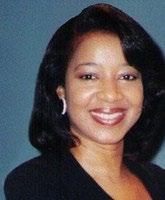

The goal is to educate, support, and retain trainees from underrepresented minority groups to address the needs of our patient population.

The Cancer Center Training and Education Leadership Council comprises key institutional leaders from the major University of Illinois Chicago Colleges involved in cancer research. The group meets quarterly to advise on strategic direction, priorities, resource allocation, integration with other noteworthy campus initiatives, and development and implementation of new programs.
Ryan Nguyen, DO, who was mentored by Cancer Center member Lawrence Feldman, MD, was selected to attend the highly competitive ASCO/AACR Methods in Clinical Cancer Research Workshop

Nursing students, Juanita Darby and Asha Solomon Sathishkumar Mathew completed research projects with Ardith Doorenbos, PhD, RN (UIC College of Nursing) focused on a pain intervention clinical trial. Juanita was a trainee on a NIGMS T34 Bridges to the Baccalaureate and Asha received the Dean’s award for her research
The CRTEC team attended the Black Men in White Coats Youth Summit to promote Cancer Center education and training programs. Black Men in White Coats is a campaign to increase the number of Black men pursuing careers in the medical industry. Adonis Coleman (pictured above, right) is a Bridges to the Baccalaureate (B2B) trainee mentored by Cancer Center member Paul Grippo, PhD . Coleman, through the National Institute of General Medical Sciences funded T34 B2B program, graduated from Chicago’s Malcolm X College and transferred to UIC for a bachelor degree program in Nursing.

Christina Nowicki, a doctoral student and her Cancer Center member mentor, Ece Mutlu, MD, MS, received the 2022 GRASP Advocate Choice Award at ASCO’s annual meeting.
Two Cancer Federation, Inc, scholarships awarded to Clarissa Gomez, undergraduate research assistant in the lab of Cancer Center member Alexandra Naba, PhD, and Katarina Valjic, PhD student in the lab of member Angela Tyner, PhD.

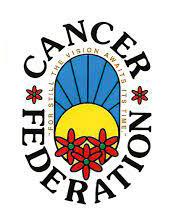

Cancer Health Equity Summer Scholars (CHESS)

17 high school students

participated in researcHStart and CHESS summer research programs.
94% of participants were from underrepresented minority groups (URM)
7
Two ESIs, Abiola Ibraheem, MD, and Ryan Nguyen, DO, selected for the prestigious Robert A. Winn Diversity in Clinical Trials Career Development Award

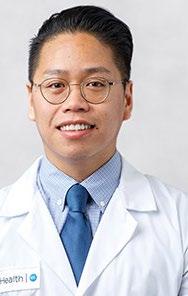

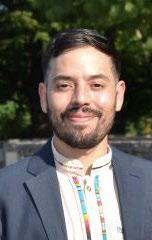

Cancer Education and Career Development Program T32 trainees Jennifer SanchezFlack, PhD, MPH, and Natalicio Serrano, PhD, accepted into the Society of Behavioral Medicine Diversity Institute for Emerging Leaders.


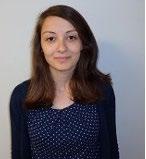
430 Trainees Middle School Students Through Early Stage Investigators
27 undergraduate students completed the NCI U54 Chicago Cancer Health Equity Collaborative (ChicagoCHEC) Summer Program

75% of participants were from underrepresented minority groups (URM)
$50,000 secured to support high school programming

Connor Roche (presenting left), who was mentored by Cancer Center member Larisa Nonn, PhD, completed the researcHStart program earning the award for Best Oral Presentation for the project “Vitamin D Deficiency Results in an Increase in Androgen Activity in Prostate Cancer Cells.”

39% of Trainees Considered Underrepresented in Biomedical Research
1,012 Unique Articles in Peer-Reviewed Publications

43 Active National Institutes of Health Grants Awarded to Trainees


56% Are Awarded by the National Cancer Institute

SINCE 2018
Screening to Survivorship
The partners vital to a patient’s cancer journey connect through the University of Illinois Cancer Center. Many of our members are physician scientists who provide clinical care at UI Health, the academic health enterprise at UIC that includes a hospital, outpatient clinics, and the Mile Square Health Center network of Federally Qualified Health Center (FQHC) sites.

Cancer Genetics & Family History
Supporting research and clinic programs to increase access and use of cancer genetic services and to enhance family history documentation to aid in cancer risk assessment.
Survivorship
Partnering with UI Health, Mile Square FQHCs, Wellness House and others to support survivorship services, programs, clinics and research for people navigating life with cancer.
Young and A Survivor • YAAS!
Our Young And A Survivor project supports women under the age of 45 with breast cancer.


445-bed Public Hospital
More than 20 Outpatient and Specialty Clinics Over


1 Million Total Patient Visits in FY22
13 FQHC Sites


Locations in Chicago: Neighborhoods Schools, Suburbs & Rockford
Top 5 Diagnosed Cancers (UI Health, 2021 latest available)

Prostate Breast Lung Colon Liver
9
Patients Screened for Cancer at UI Health
















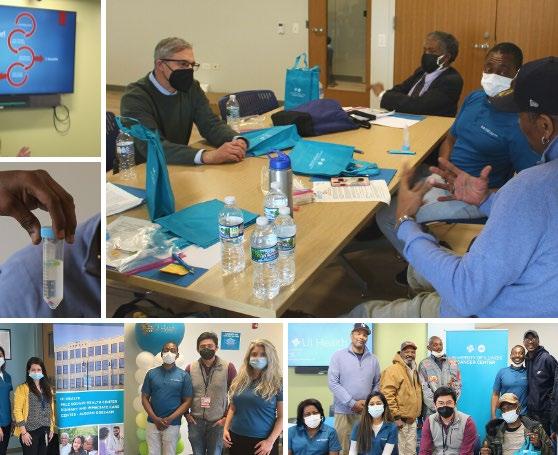
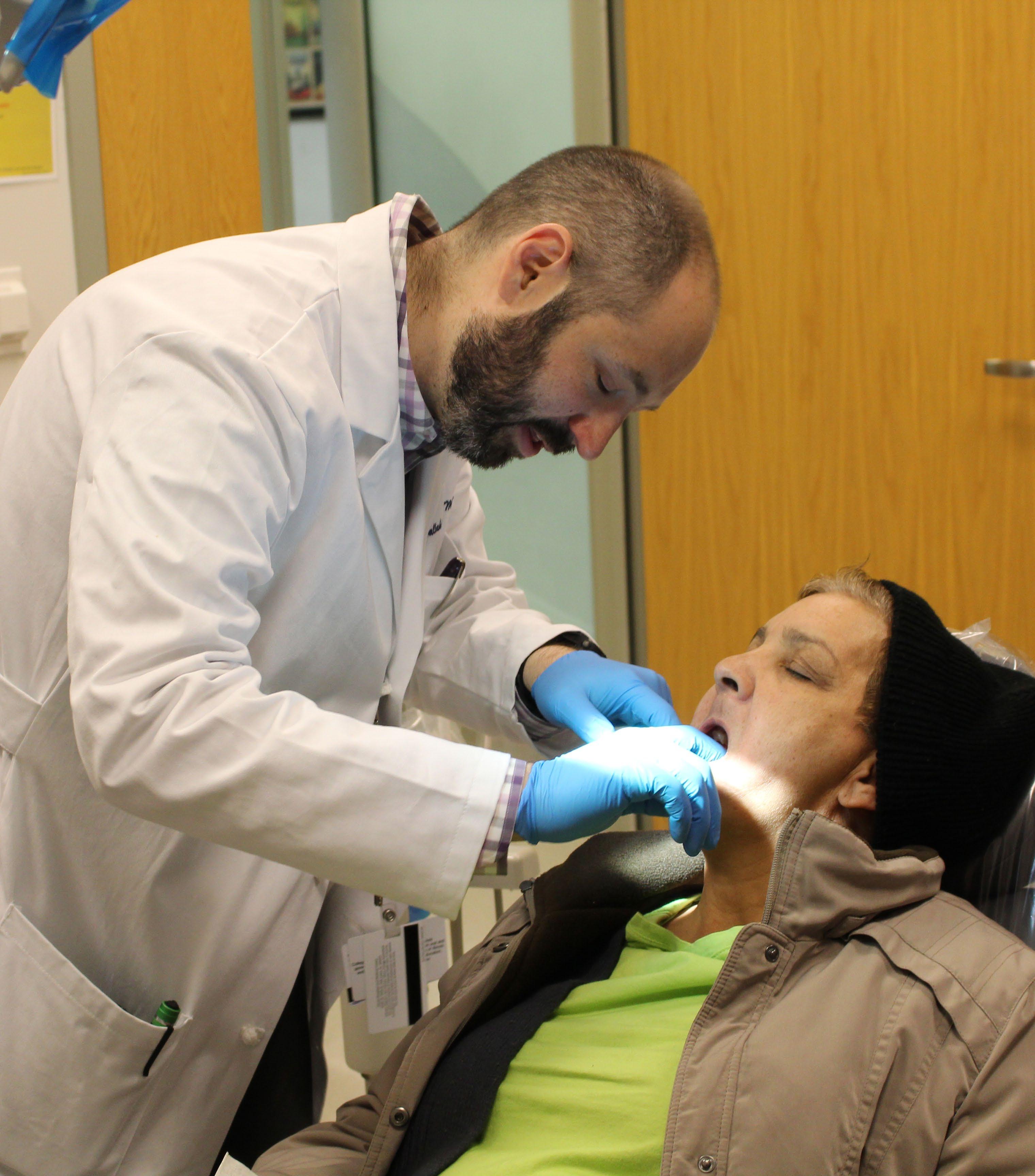
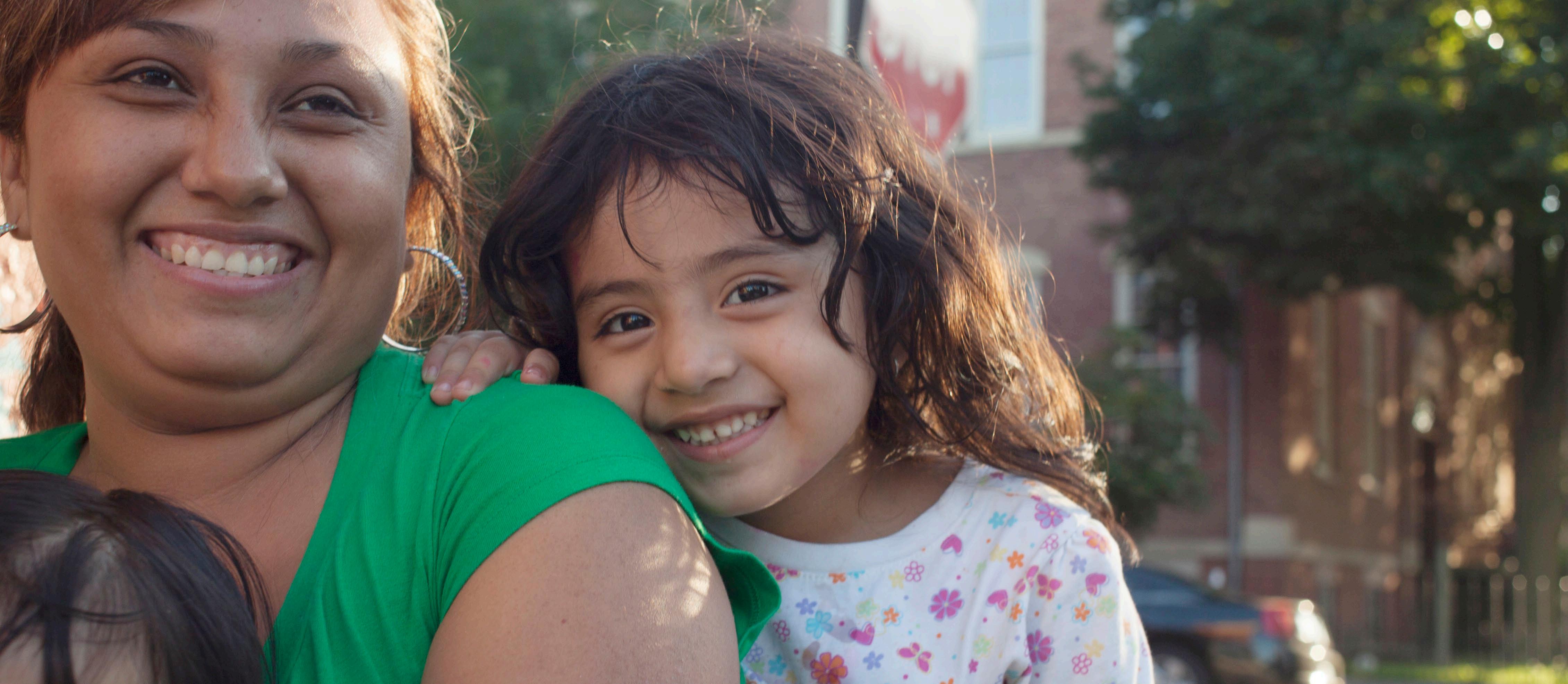
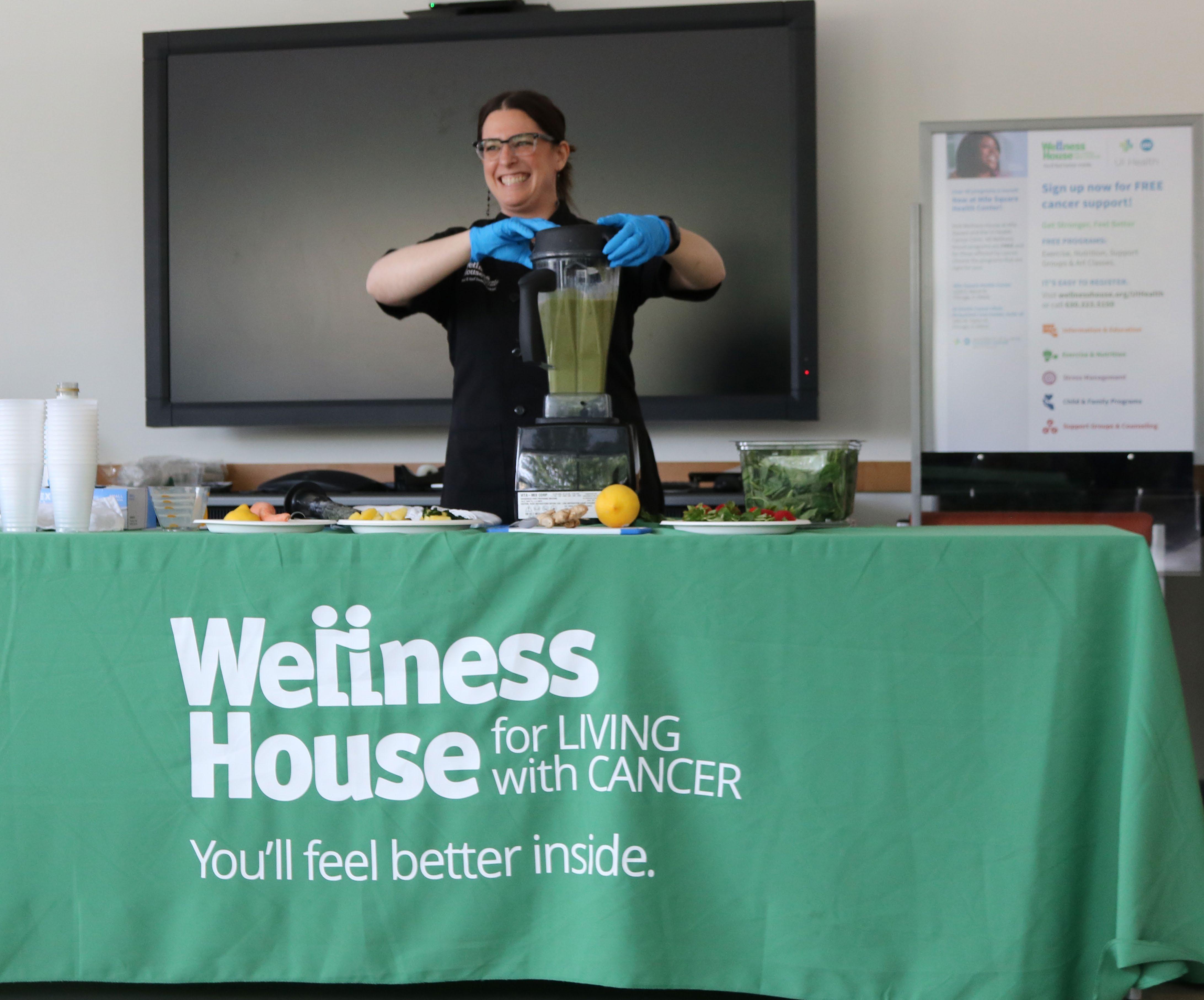


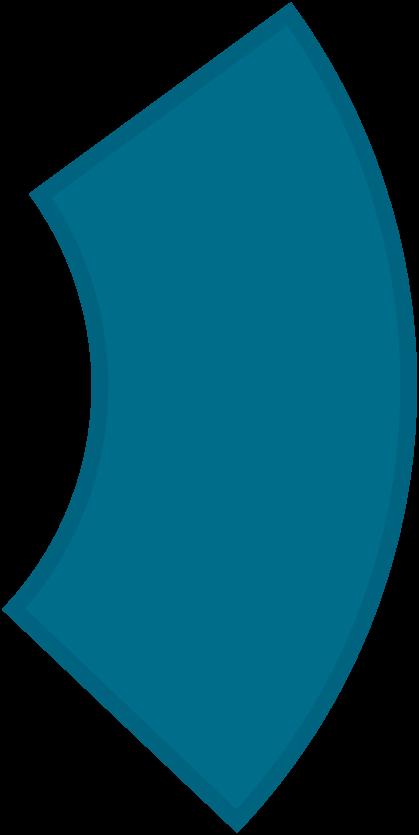









64% 21% 11% 4% LUNG CANCER 53% 16% 25% 6% CERVICAL CANCER 11.8K 506 54% 22% 21% 3% PROSTATE CANCER 55% 17% 23% 5%
SCREENED FOR CANCER AT UI HEALTH
American White Latino Asian 60% 12% 23% 5% BREAST CANCER 53% 20% 23% 4% COLORECTAL CANCER 31K 5.9K 3.5K
PATIENTS
African
9.2K
10
Research
The research enterprise at the University of Illinois Cancer Center is committed to bringing scientific discoveries from laboratories to the diverse communities we serve so the impact of our research to prevent, screen and treat cancer will reduce cancer health disparities throughout Illinois and beyond.
More than 250 Cancer Center members are spread across the University of Illinois Chicago (UIC), which ranks among the top National Institutes of Healthfunded Minority Serving Institutions, and two regional UIC health sciences campuses in Rockford and Peoria.
With expertise in basic sciences, translational, clinical, and population health, our members take a multidisciplinary approach to solving the unique cancer challenges faced by our communities in early detection, cancer care and survivorship. Our members are scientifically aligned with three research programs (Cancer Biology, Translational Research, and Cancer Prevention and Control) and they are supported by six cancer-focused shared resources.
The Cancer Center developed its unique “Community to Bench” foundational model to maximize input from communities. The model is specifically designed to make communities the bedrock from which evidencebased, cutting-edge research is driven based on the stated needs of communities. With an evidence-based approach to community engagement, the Cancer Center aims to identify those needs and develop pragmatic research and patient navigation to improve health outcomes for all of our patients.
$33 Million
in peer-reviewed research grants held by Cancer Center members
16 Colleges
2,821 Faculty Members
31,683 Students

Renewal of NCI-funded Chicago Cancer Health Equity Collaborative (ChicagoCHEC) –a continuing partnership of the Cancer Center with two other Chicago institutions

Prestigious American Cancer Society Institutional Research Grant to fund 4 pilots per year to elevate junior faculty

76 National Cancer Institute Awards
74 Other NIH Awards

DISCOVERY: Neighborhood food environment and bile-acid mediated colorectal cancer disparities.
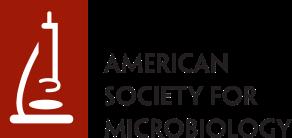
CANCER BIOLOGY
Understanding tumor initiation, progression and metastasis.
TRANSLATIONAL RESEARCH
Translating discoveries into clinical care.
CANCER PREVENTION & CONTROL
Understanding multi-level determinants of cancer risk, causes and outcomes.
11
$4 Million American Cancer Society grant funds Illinois Cancer Health Equity Research (I-CHER) Center


CLINICAL TRIALS
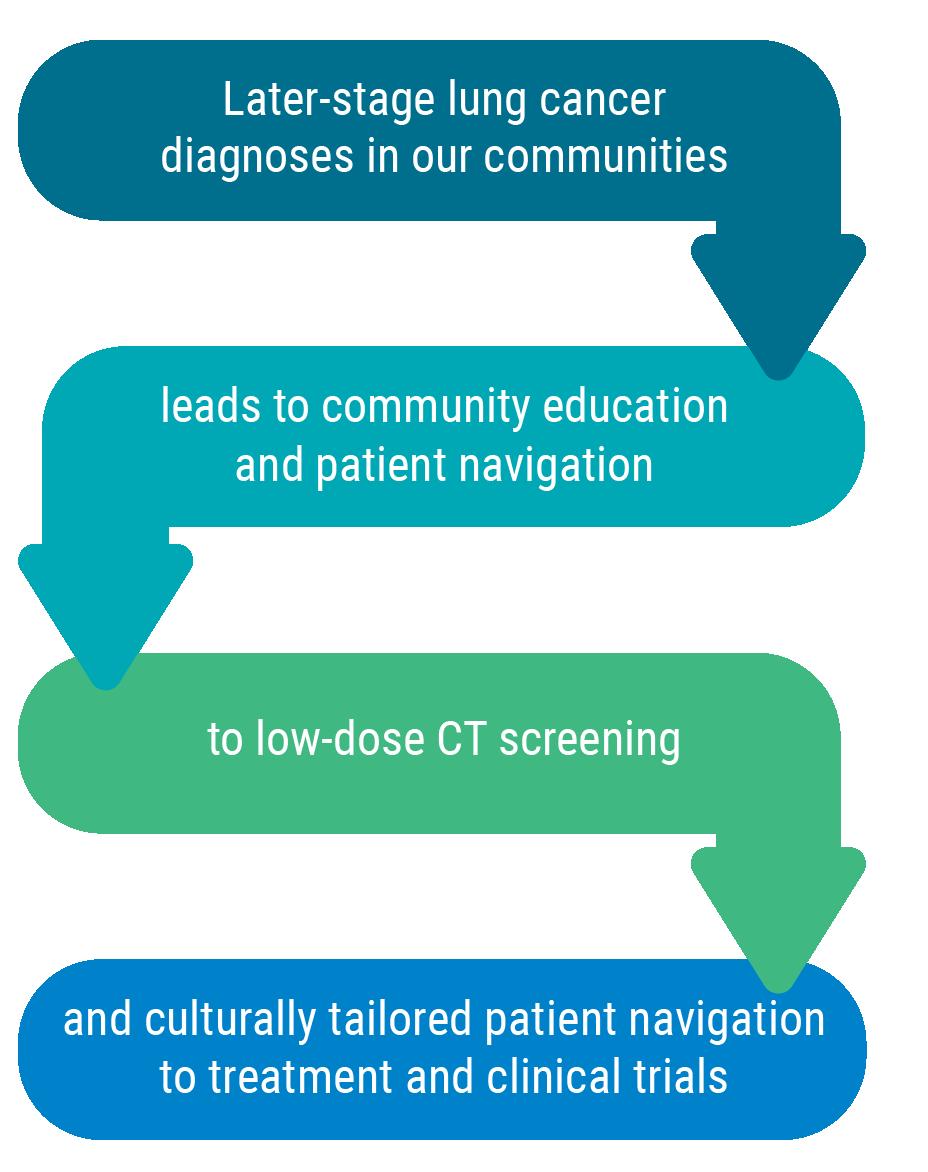
160 Interventional Trials Open for Enrollment
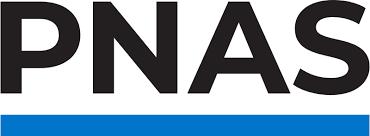

23 Investigator Initiated Trials Open for Enrollment
DISCOVERY: Novel mechanisms (Akt1 & HK2) suppress breast cancer metastasis.
33% Increase in Treatment Trial Accruals
Cancer Center joins with UICentre, the drug discovery enterprise at UIC, to fund new cancer drug discovery efforts.
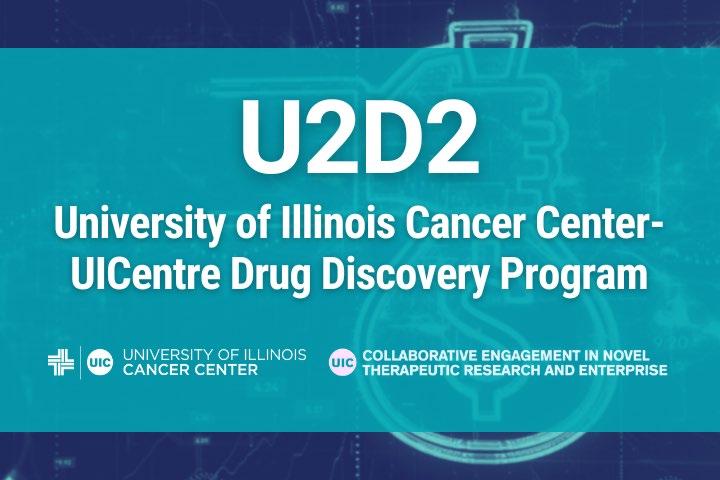
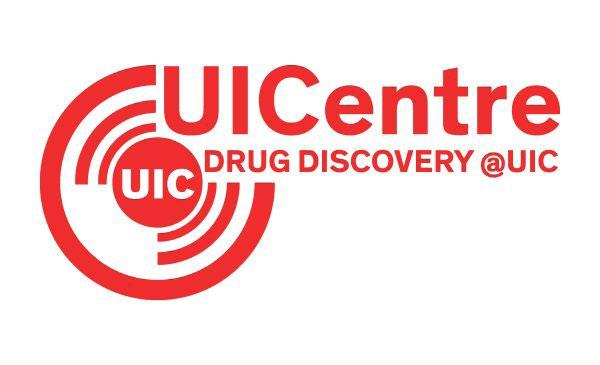
79% Clinical Trial Participants who are African American or Latino

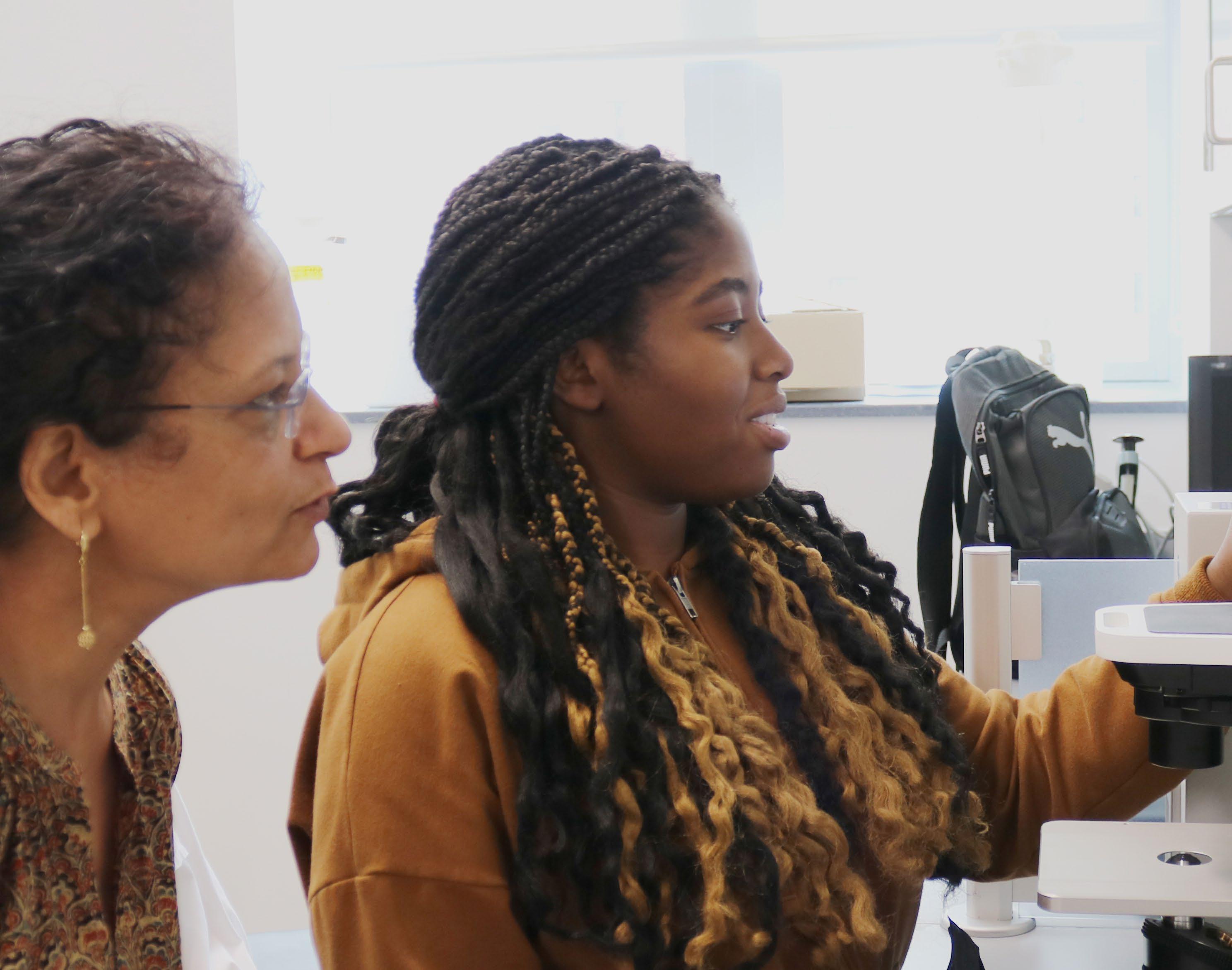
ADDRESSING CANCER BURDEN THROUGH RESEARCH

DISCOVERY: XP-524 (dual-BET/ EP300 inhibitor) modulates KRAS and ICI in pancreatic cancer.
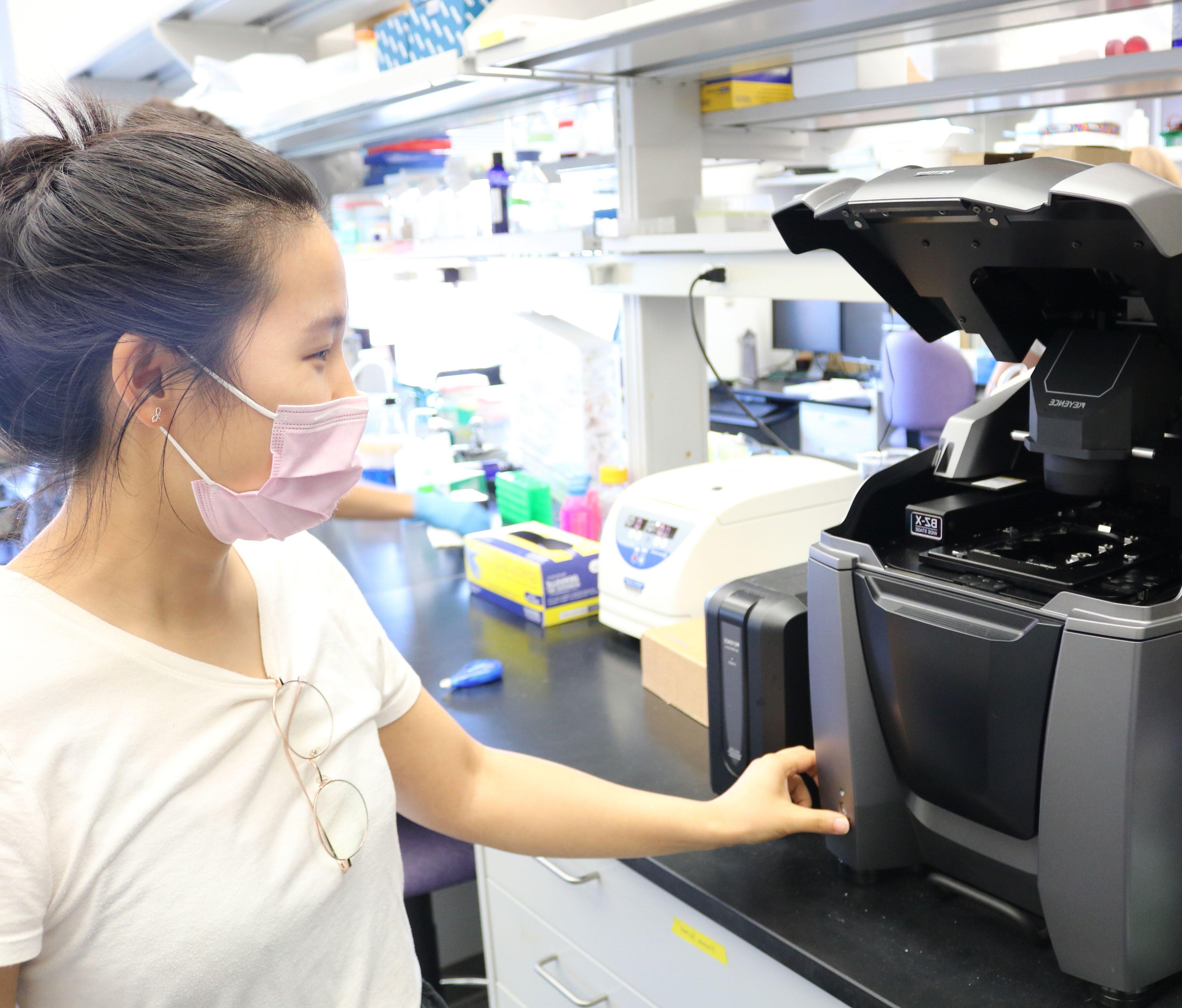
Policy and Advocacy
In support of the Illinois Cancer Partnership’s development of the 20222027 Illinois Comprehensive Cancer Control Plan, the University of Illinois Cancer Center had leadership roles and collaborated with the Illinois Department of Public Health’s Comprehensive Cancer Control Program to develop and implement an engagement strategy for community and legislative members.

The plan is meant to serve as a “road map to guide cancer prevention, screening, treatment, and survivorship activities throughout Illinois.” To raise awareness of the plan among Illinois Legislators, the Cancer Center collaborated with the UIC Vice Chancellor for Health Affairs and the American Cancer Society to file Illinois House Resolution 0675 (Illinois Cancer Control Plan), which was subsequently adopted on March 15, 2022.
The Cancer Center also supported the American Cancer Society Cancer Action Day in Illinois and advocated for the following policies:

Family and Medical Leave Insurance Act (SB 835/HB

5029): Creates a state-run insurance program that allows Illinois workers to use up to 26 weeks of job-protected leave a year for their own or a family member’s illness such as cancer and more.

Illinois Governor J.B. Pritzker came to UIC to sign into law a bill that provides coverage for annual prostate cancer screening without imposing a deductible, coinsurance, copayment or other cost-sharing requirement.


Funding for cancer prevention and screening programs such as the Illinois Breast and Cervical Cancer Program (IBCCP), which provides free breast and cervical cancer screenings to uninsured and underinsured people in Illinois, as well as programs for prostate, lung, and colorectal cancer screening.
Funding for the Illinois Community-Based Assister Program to help Illinoisans enroll in health insurance.

13
Philanthropy

Philanthropic donations in 2022 not only had immediate impact on the lives of individuals in Illinois but advanced scientific discoveries bringing us closer to future cures for all.
Donors helped us address access barriers by centering the community voice and lived experiences in Cancer Center outreach, screening and treatment programs; conduct community-informed research programs to drive equity in precision cancer care; and innovate workforce training and education assuring career pathways for all so that future scientists and clinicians reflect our national diversity.
Richard Warnecke, PhD and Barbara Warnecke
Growing up in loving homes of modest means, Barbara and the late Richard “Dick” Warnecke, PhD, each learned an important lesson about lending a hand to those less fortunate. “It was just part of our DNA,” Barbara Warnecke said of the couple’s lifelong charitable giving.

To that end, the Warneckes joined like-minded donors at the University of Illinois Cancer Center in establishing a gift fund to address inequities in breast cancer health outcomes and to honor the late Cancer Center director, Gary D. Kruh, MD, PhD, who died in 2011. They later established the Dr. Gary D. Kruh Endowed Fund to provide for the medical treatment of uninsured and underinsured patients at high risk for breast cancer. Annual support from the endowment impacts the lives of many women and Barbara Warnecke plans to continue contributing to grow this legacy.
Richard Warnecke, who died in 2022 at age 84, and his research were foundational to the Cancer Center, where he served as associate director of the Population Sciences, Cancer Control and Education Program and as a mentor to many.
Bernadette and Edward Jones carry on the legacy of their son, Timothy Francis Jones aka DJ Timbuck2, through a foundation named in his honor and memory. The Timothy Francis Jones Foundation (TFJF) is a valued partner to the University of Illinois Cancer Center having raised support for cancer research programs through events involving Chicago’s hip hop community, which their son was part of before he died in 2015 at age 34.
TFJF spreads the word about the importance of health and early detection among men, particularly men of color, who may be hesitant to seek out health care or think they are too busy like their son, who struggled with worsening symptoms for a year before seeking care and being diagnosed with advanced kidney cancer. He conceived the idea of a foundation focused on early detection not long before he died, sharing his thoughts in a few notes.
“To the ones with too much pride, and don’t like going to the doctor because they are too proud and can handle it all, I have high hopes that my journey and story brings you back down to earth,” he wrote.
IGNITE: The Campaign for UIC concluded in 2022 raising $803.4M against a goal of $750M through the generous philanthropic support of donors like you.
Your support enables the Cancer Center to accelerate ongoing work toward our vision to be a national leader in addressing the cancer challenges of the 21st century, reflecting the University of Illinois Cancer Center’s distinct abilities to elucidate and reduce disparities and improve cancer health outcomes for all people.
 Timothy Francis Jones DJ Timbuck2
Richard Warnecke, PhD and Barbara Warnecke
Timothy Francis Jones DJ Timbuck2
Richard Warnecke, PhD and Barbara Warnecke
14


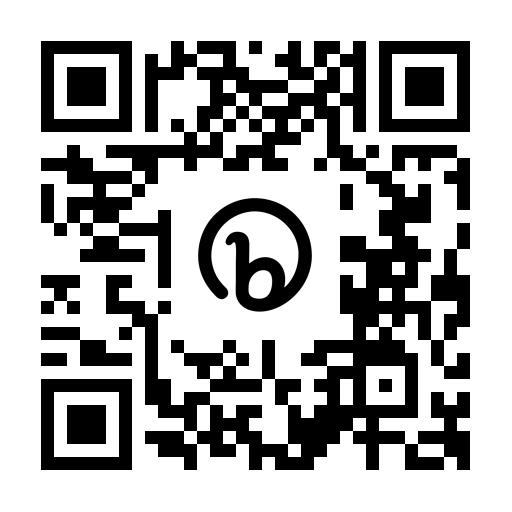
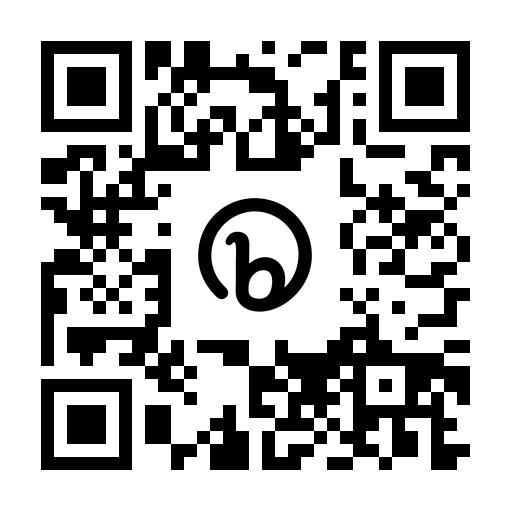
www.cancer.uillinois.edu To sign up for our newsletter email us at cancernews@uic.edu CANCER CENTER NEWS & EVENTS When you make a gift to the University of Illinois Cancer Center, your support has a tremendous impact on cancer research and patient outcomes. With your help, we are committed to ensuring that our research and cancer center activities are aligned with the needs and priorities of community stakeholders including patients, survivors, families, and advocates. Follow Us on Social Media Get Connected for the Latest News & Updates @ UICancerCenter @ universityofillinoiscancer9929 The University of Illinois Cancer Center @ UICancerCenter @ UICancerCenter MAKE A DONATION Give to the University of Illinois Cancer Center




































 Jan Kitajewski, PhD
Jan Kitajewski, PhD





 Jan Kitajewski, PhD
SWEENEY BASIC SCIENCES PROFESSOR
Jan Kitajewski, PhD
SWEENEY BASIC SCIENCES PROFESSOR





 Robert A. Barish, MD, MBA
Robert A. Barish, MD, MBA













































































































 Timothy Francis Jones DJ Timbuck2
Richard Warnecke, PhD and Barbara Warnecke
Timothy Francis Jones DJ Timbuck2
Richard Warnecke, PhD and Barbara Warnecke

